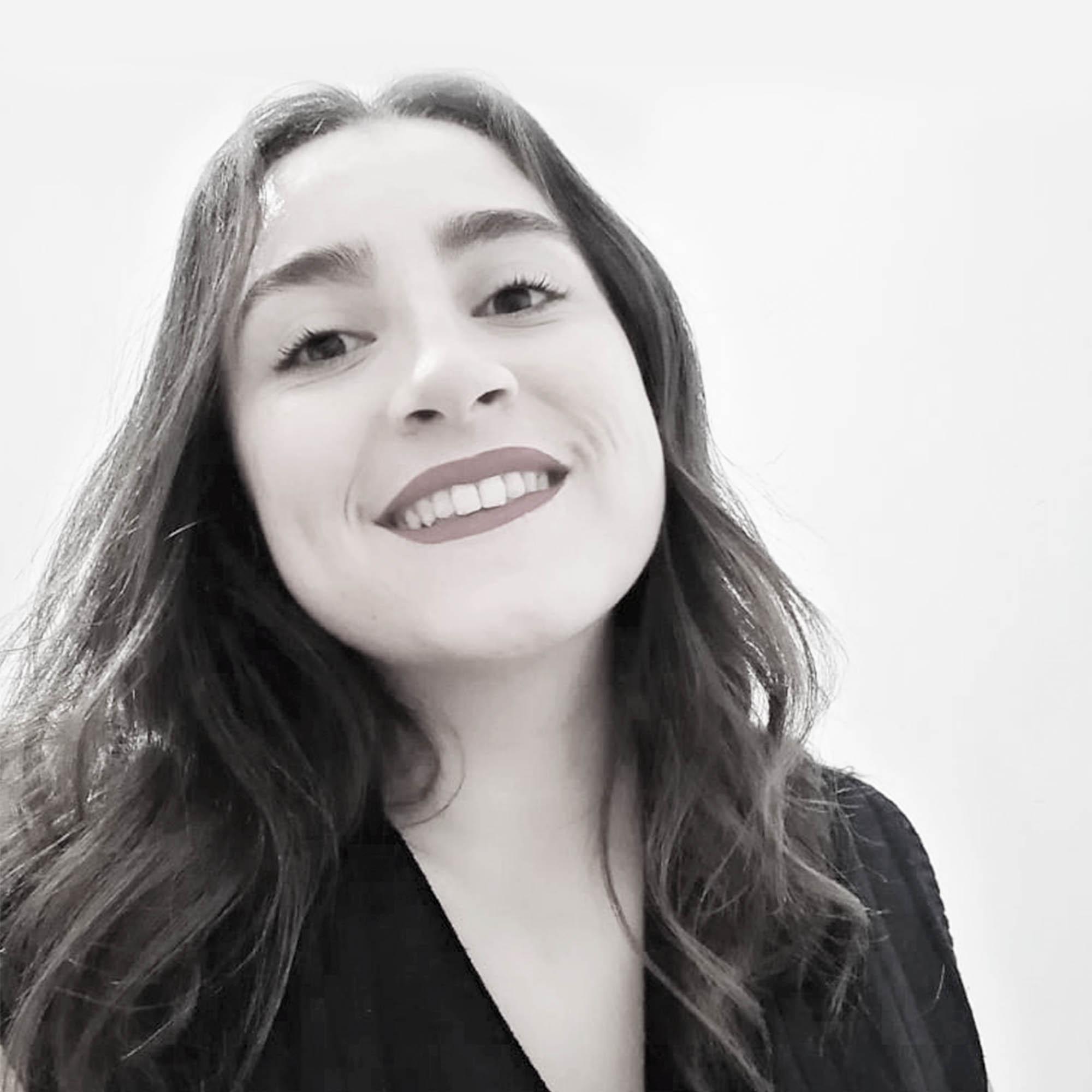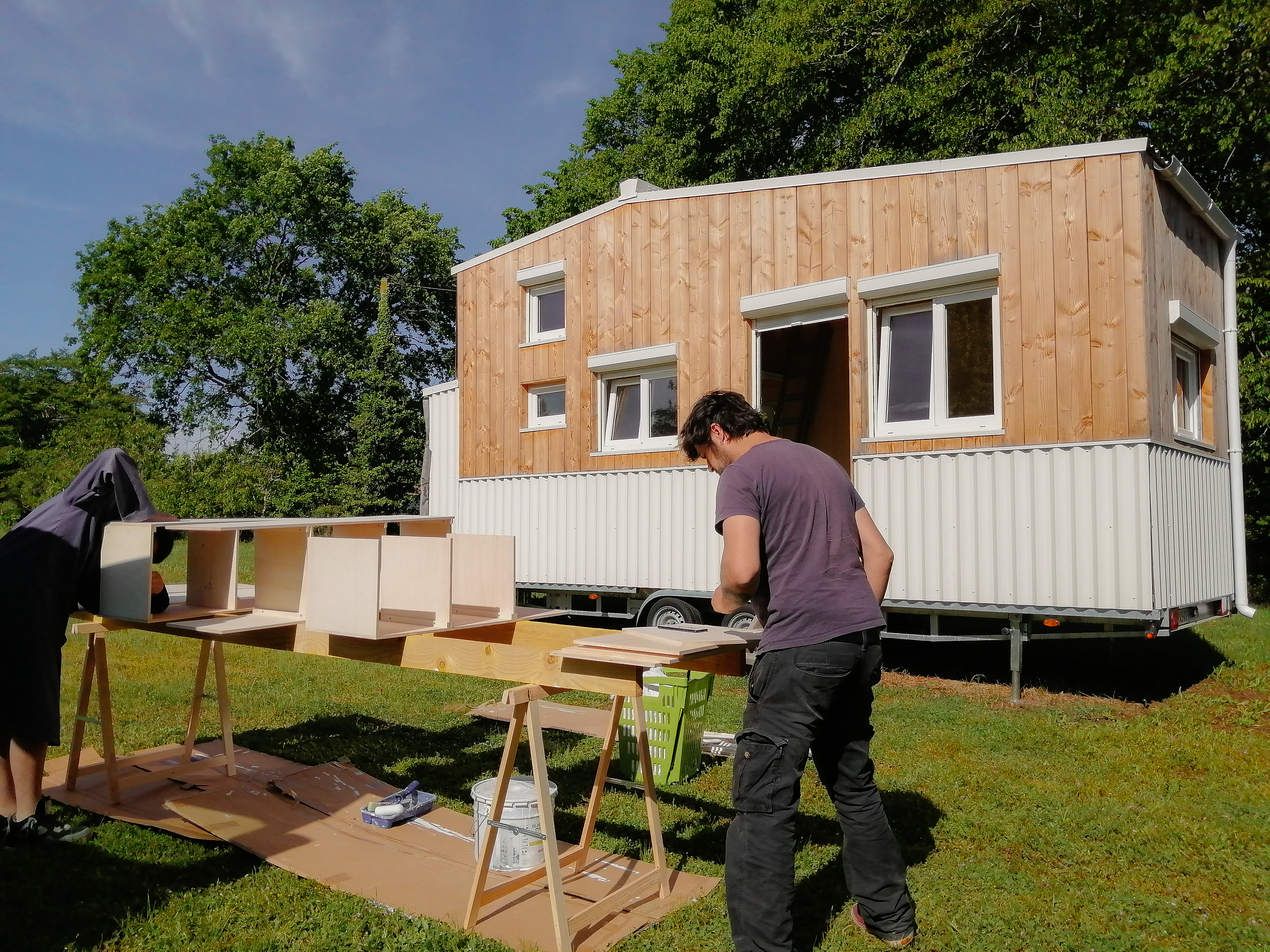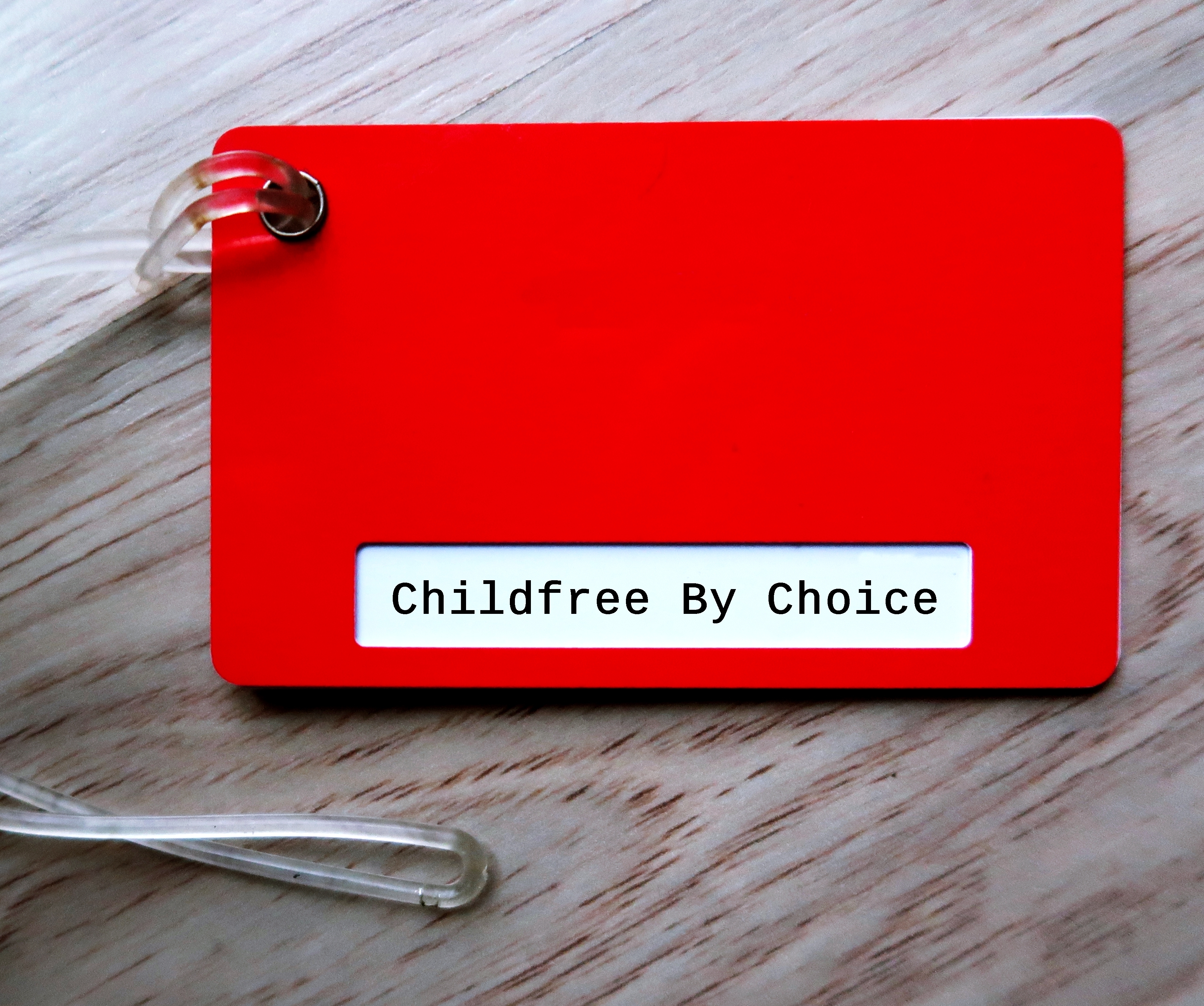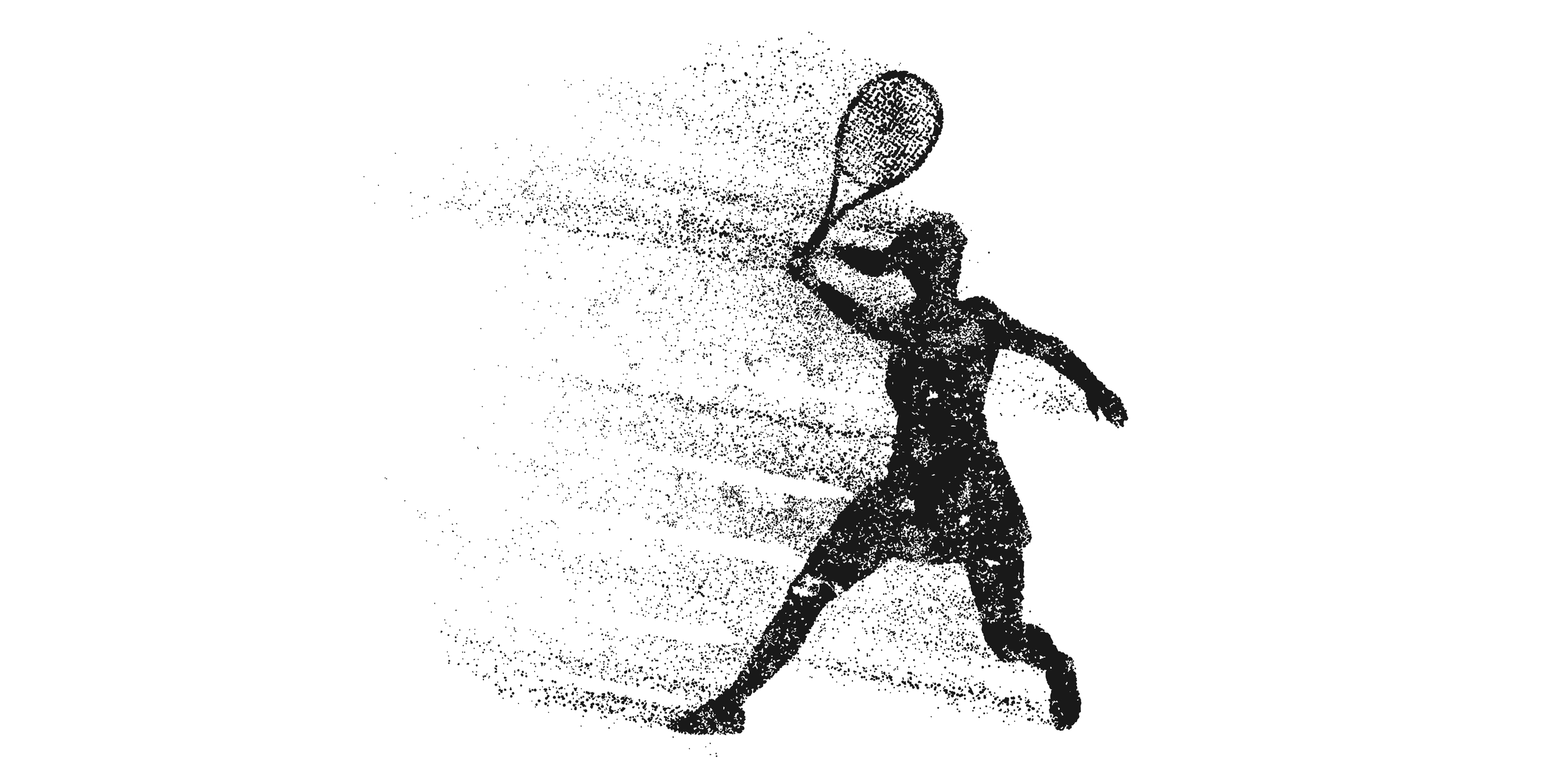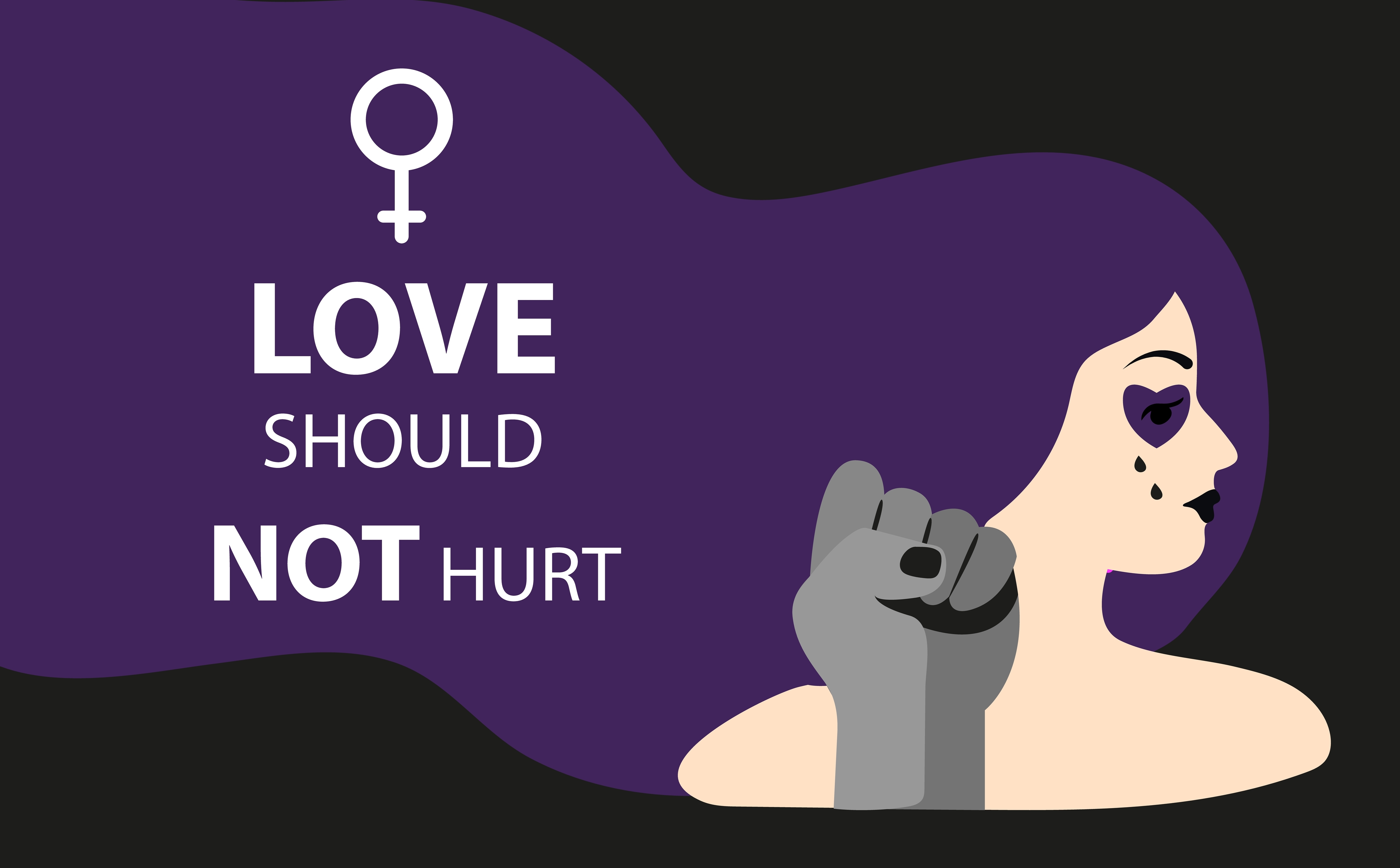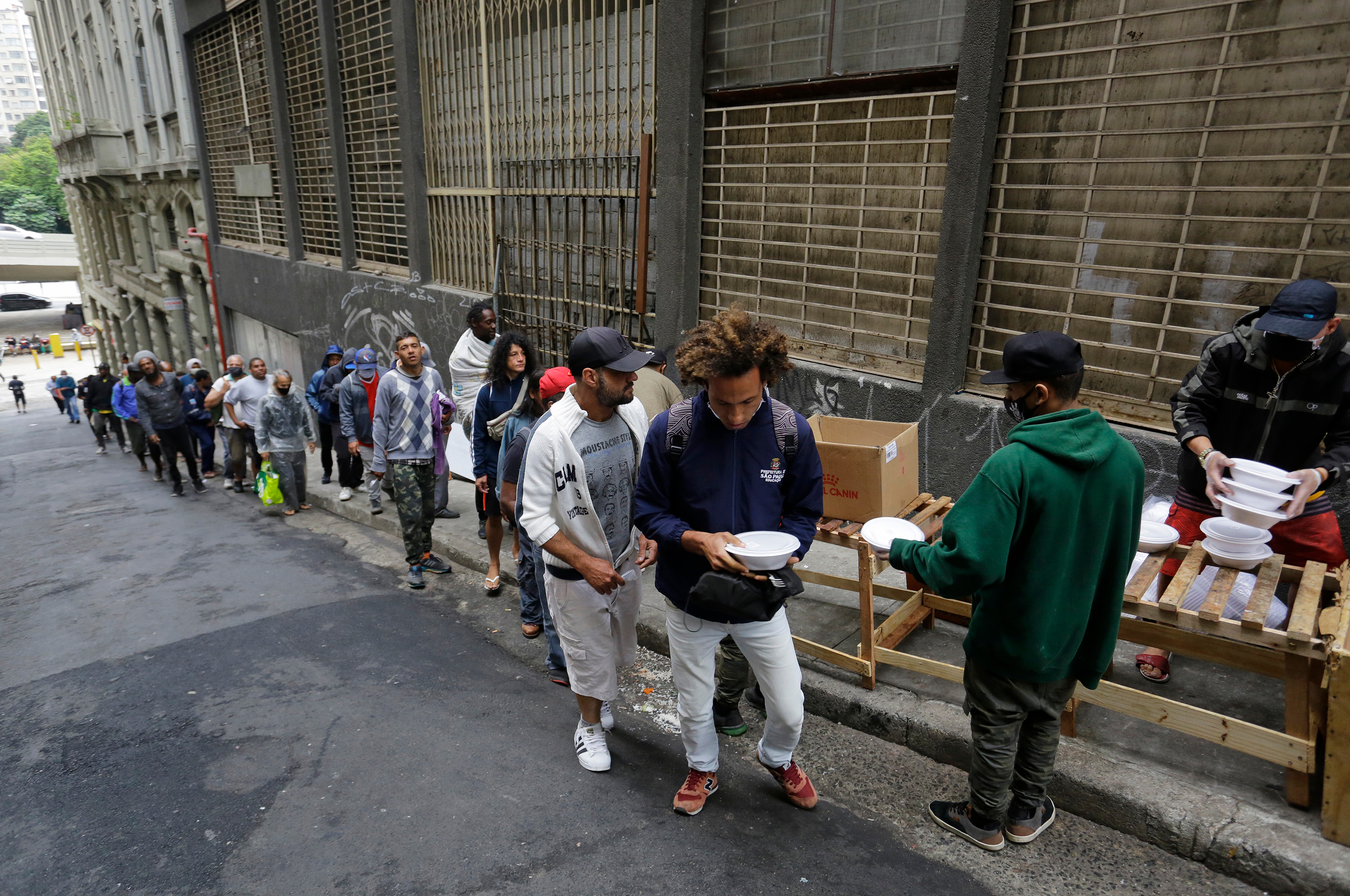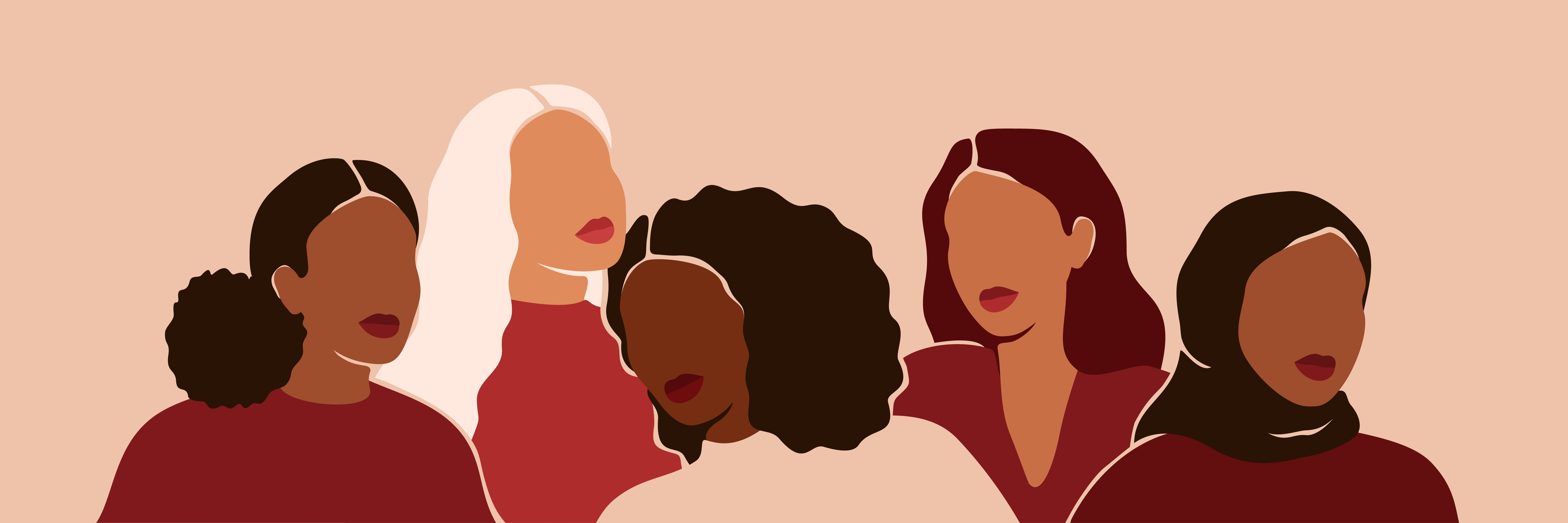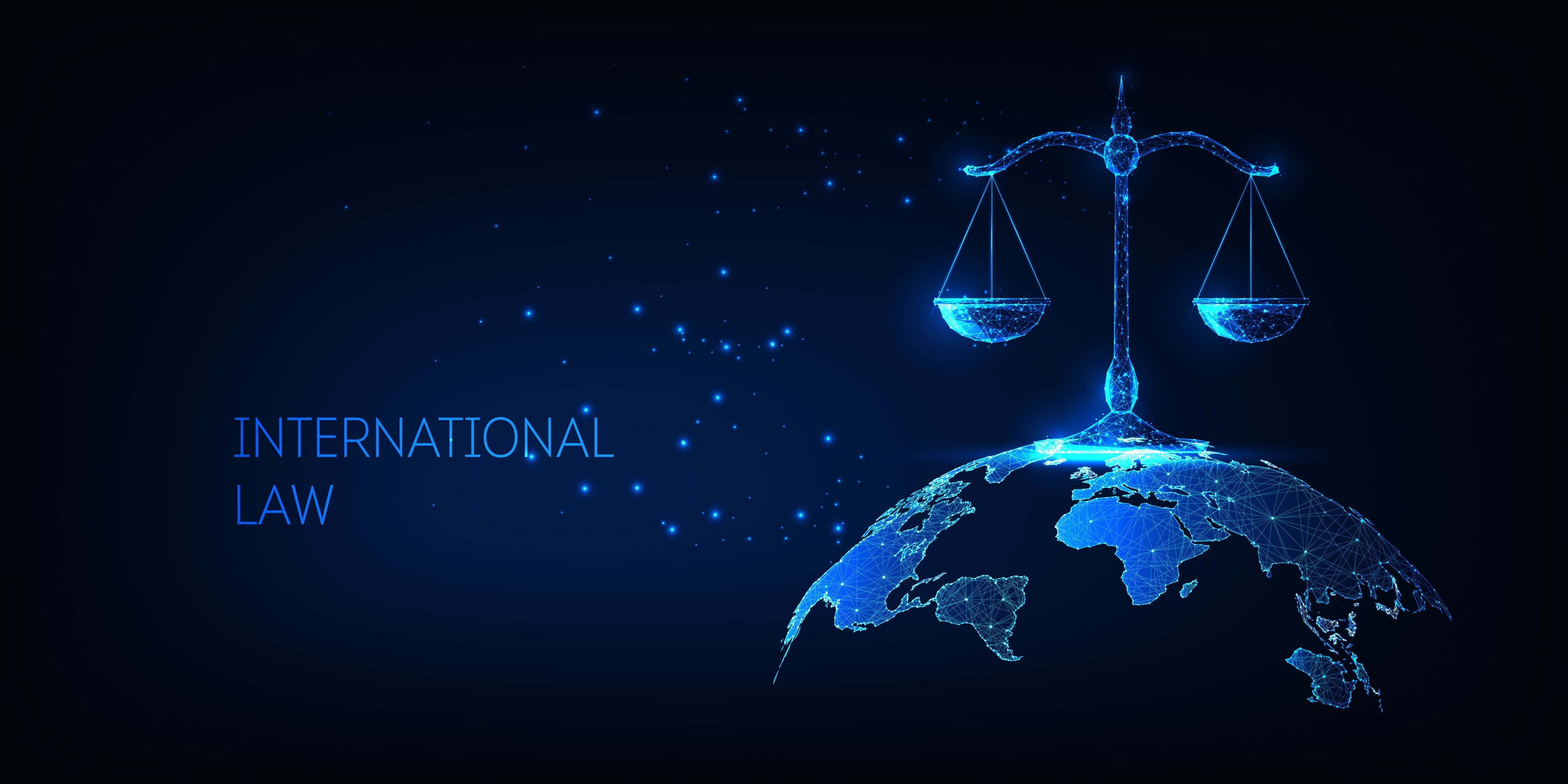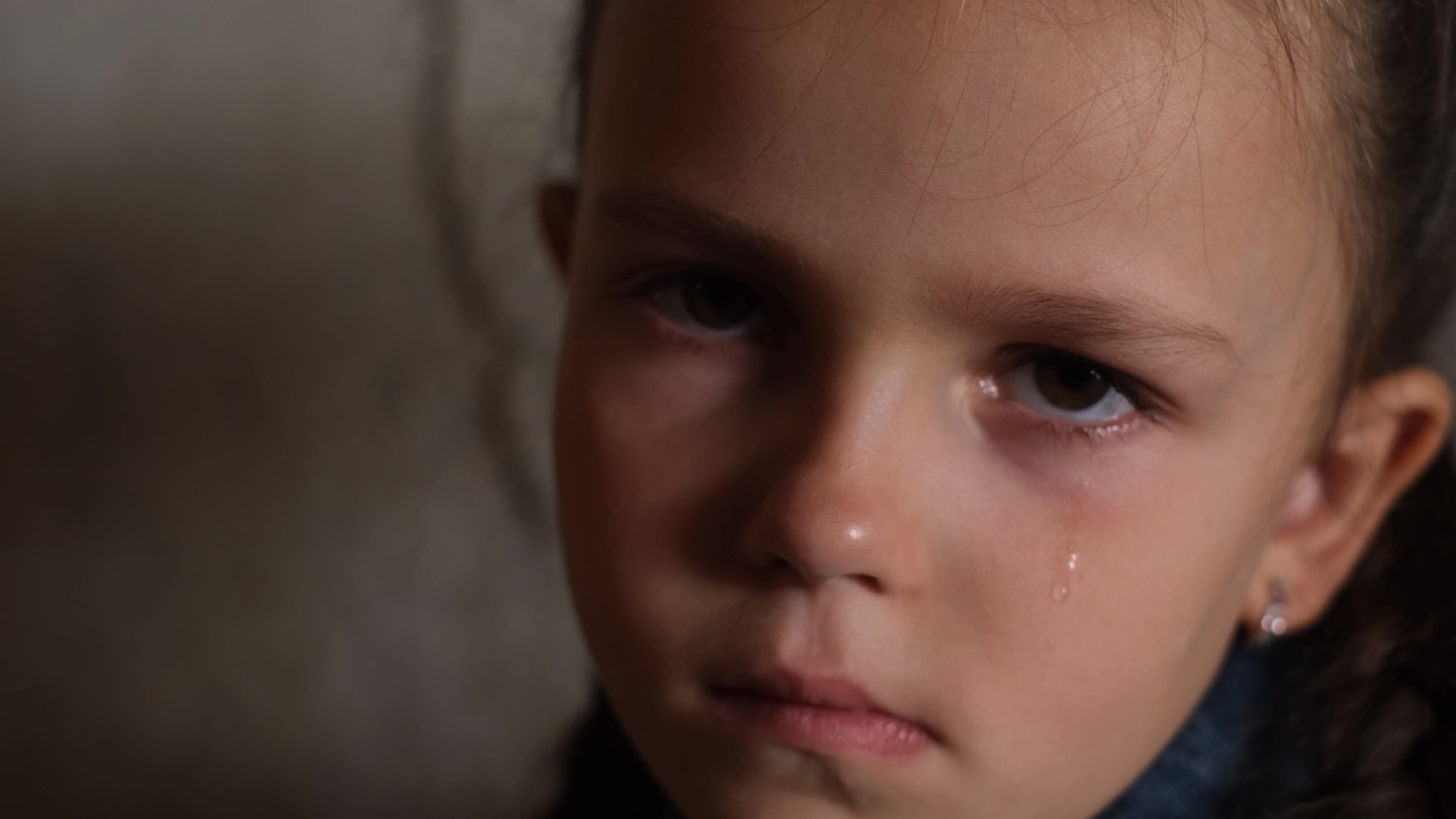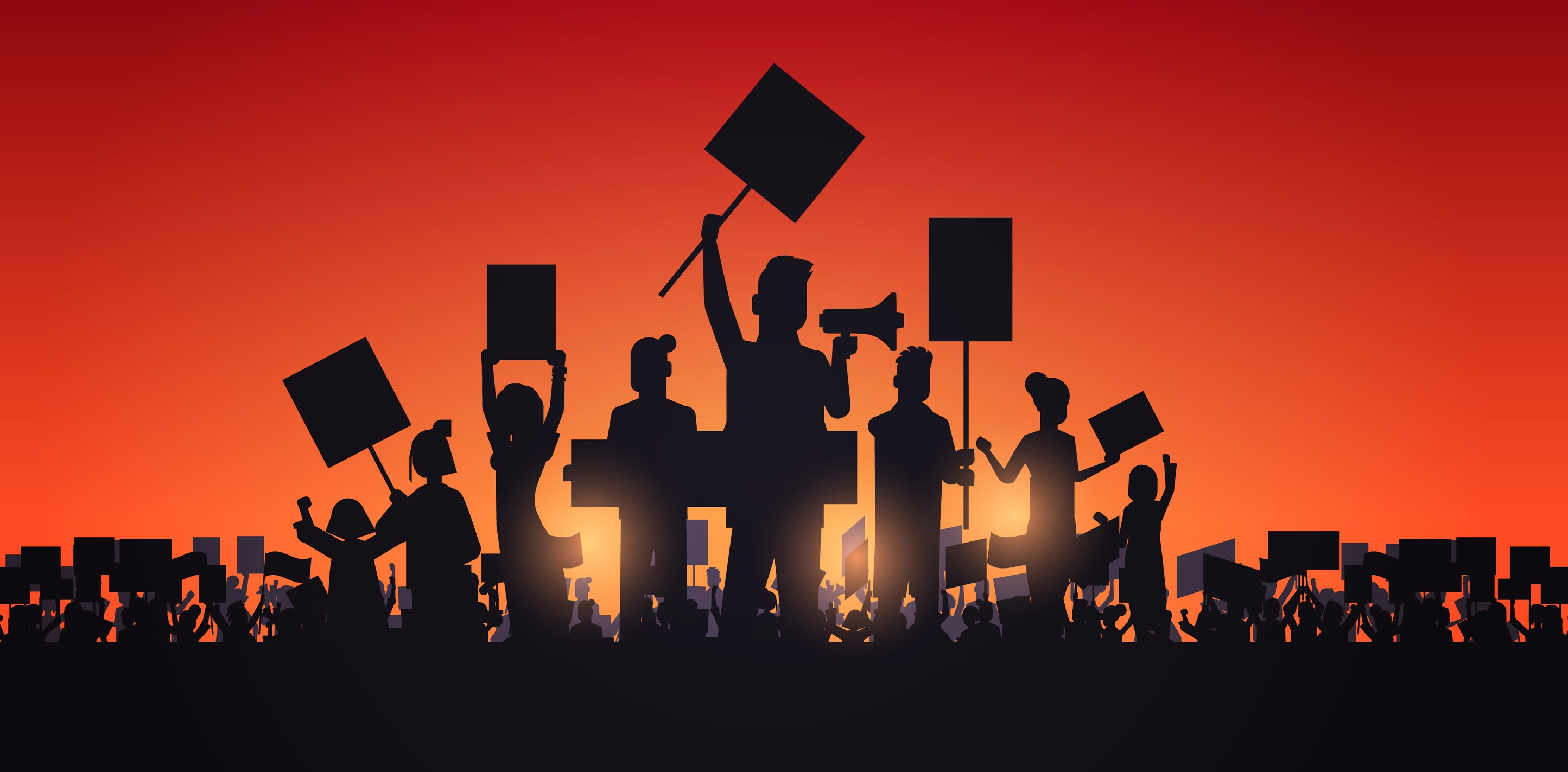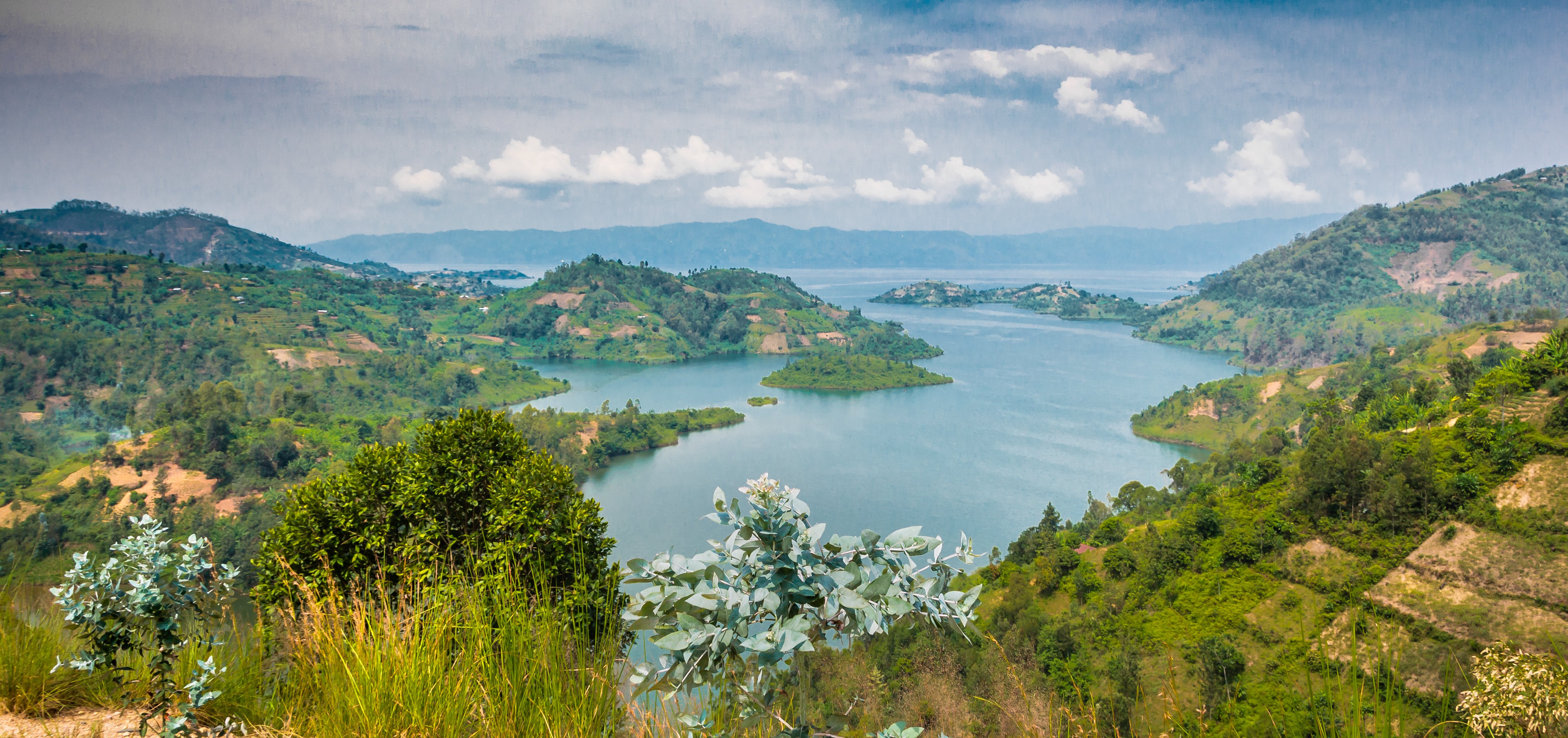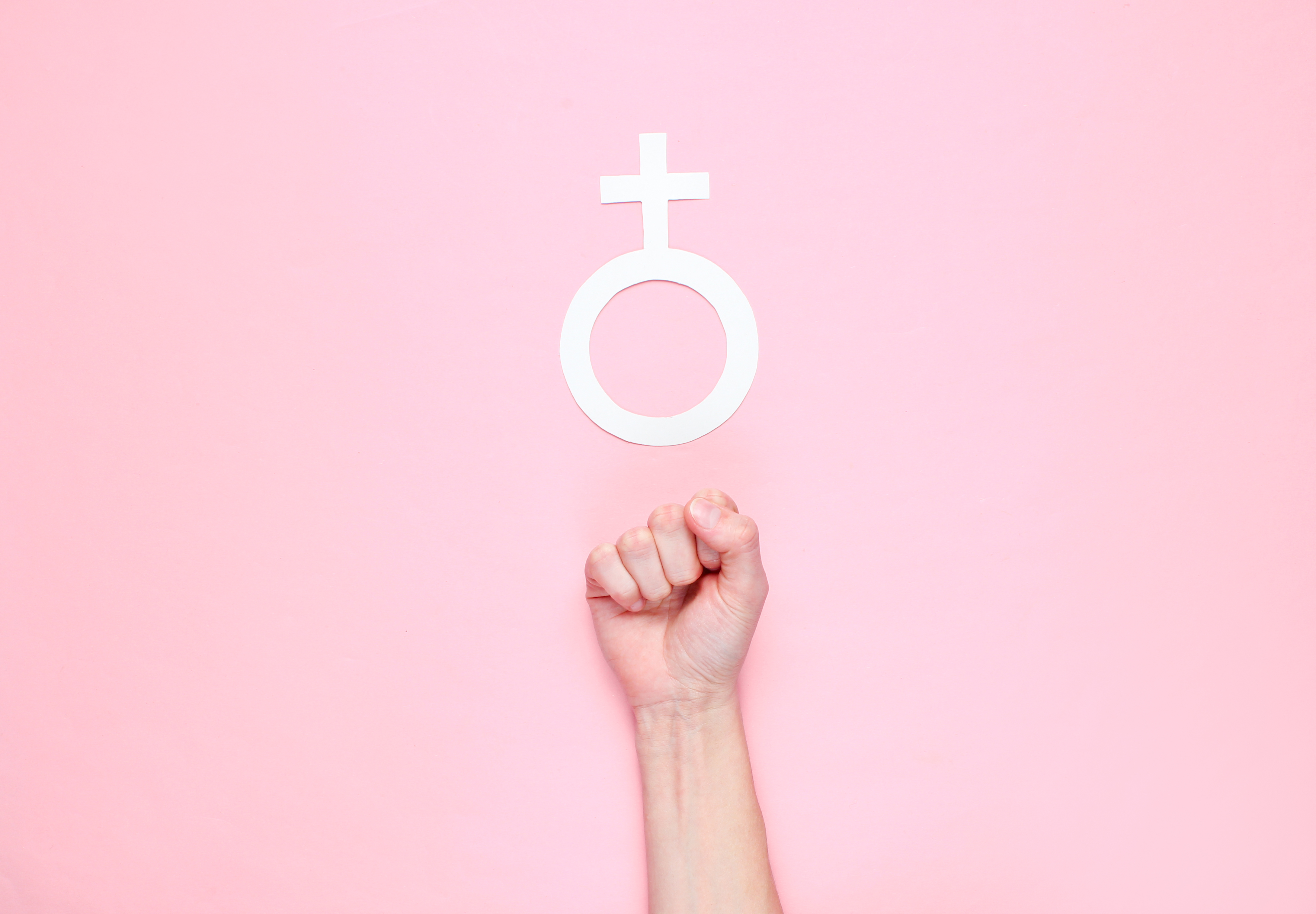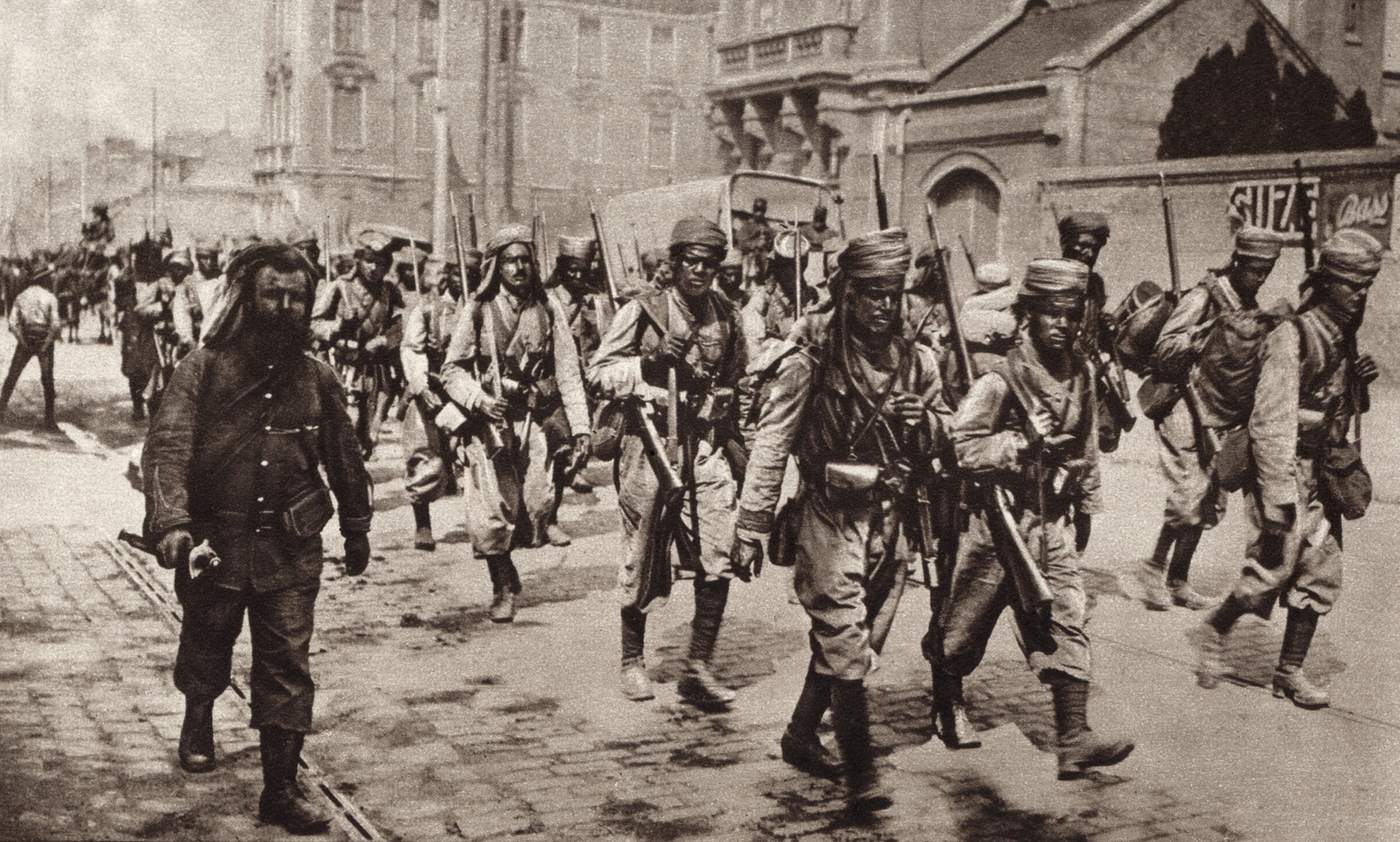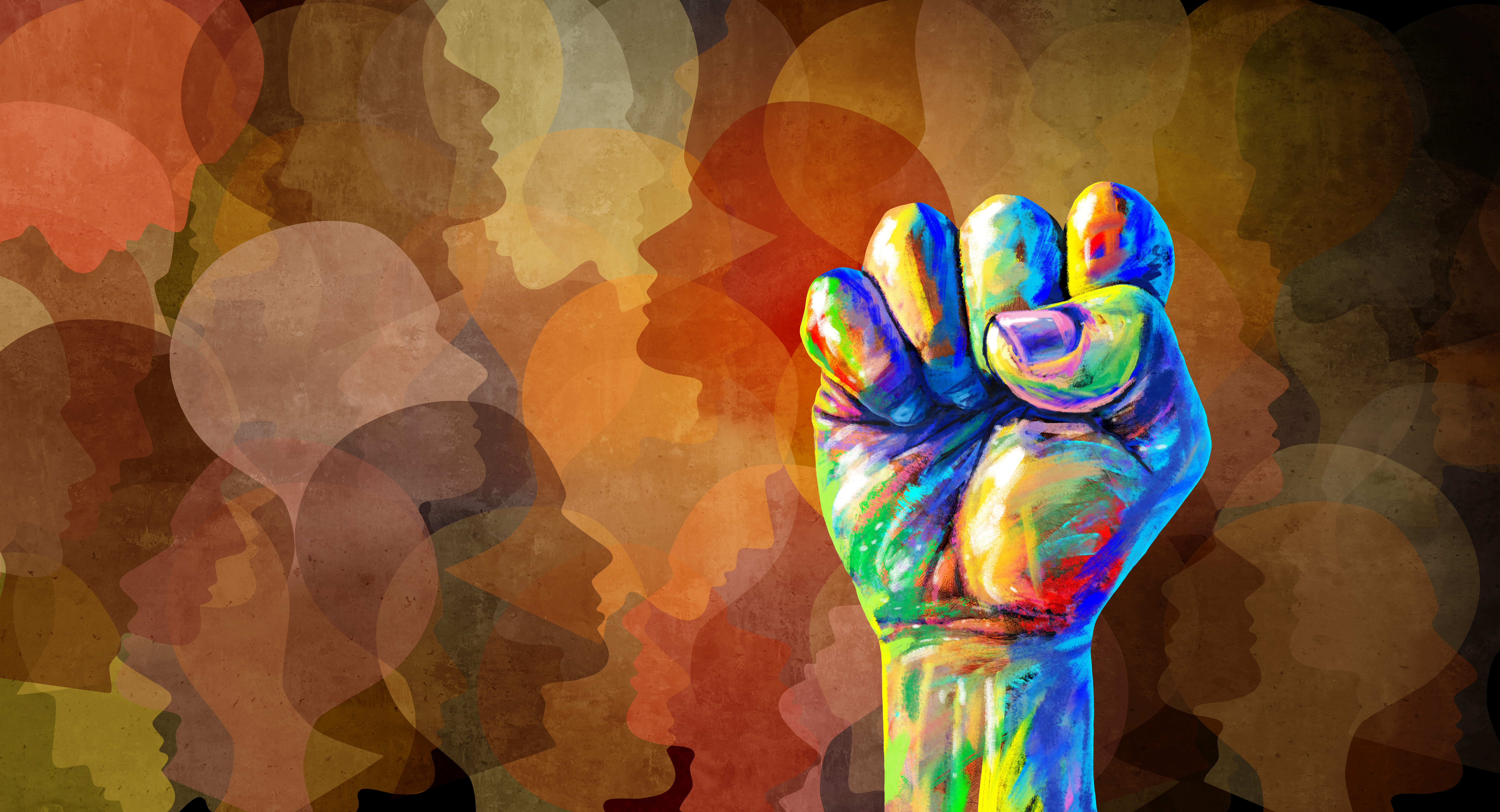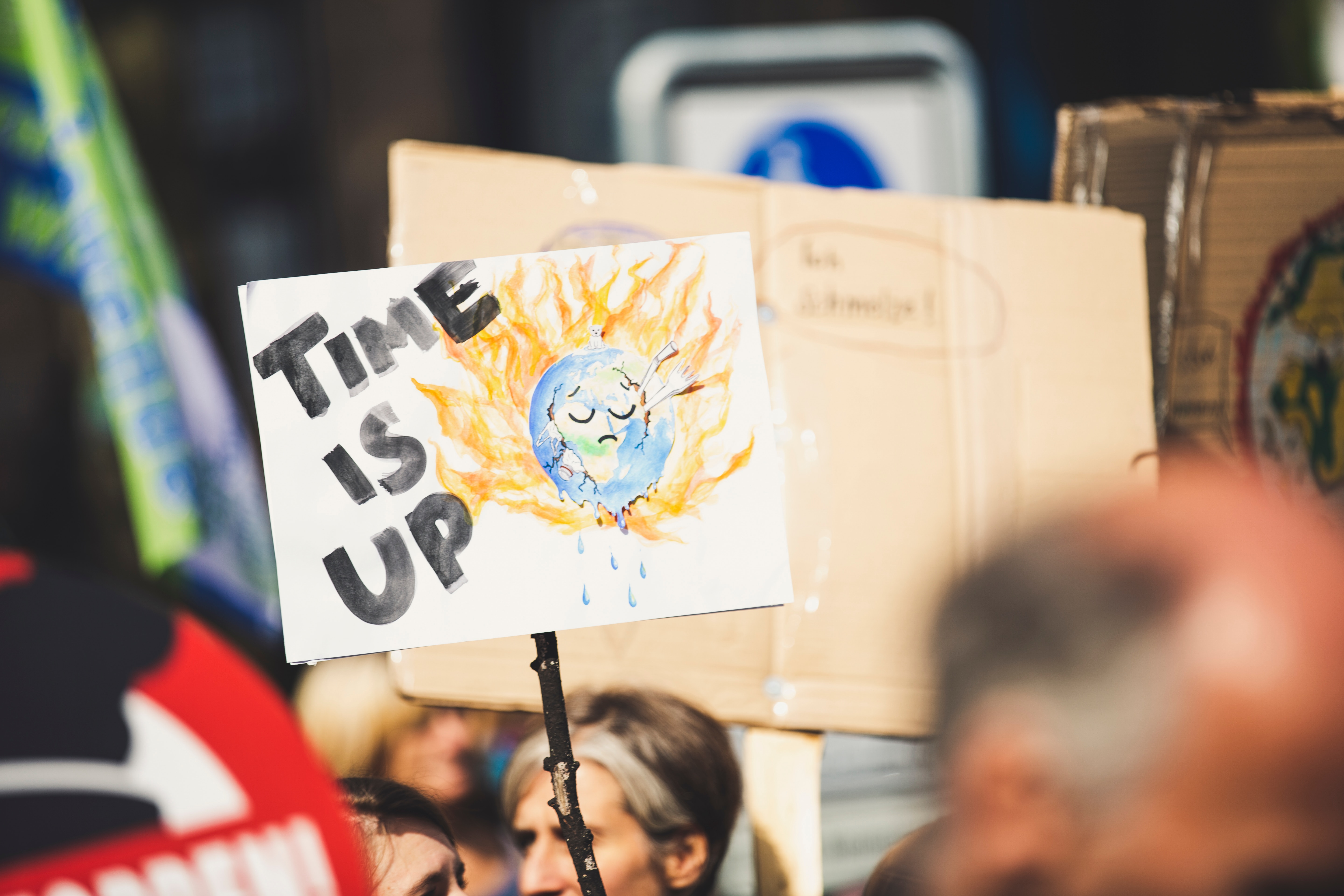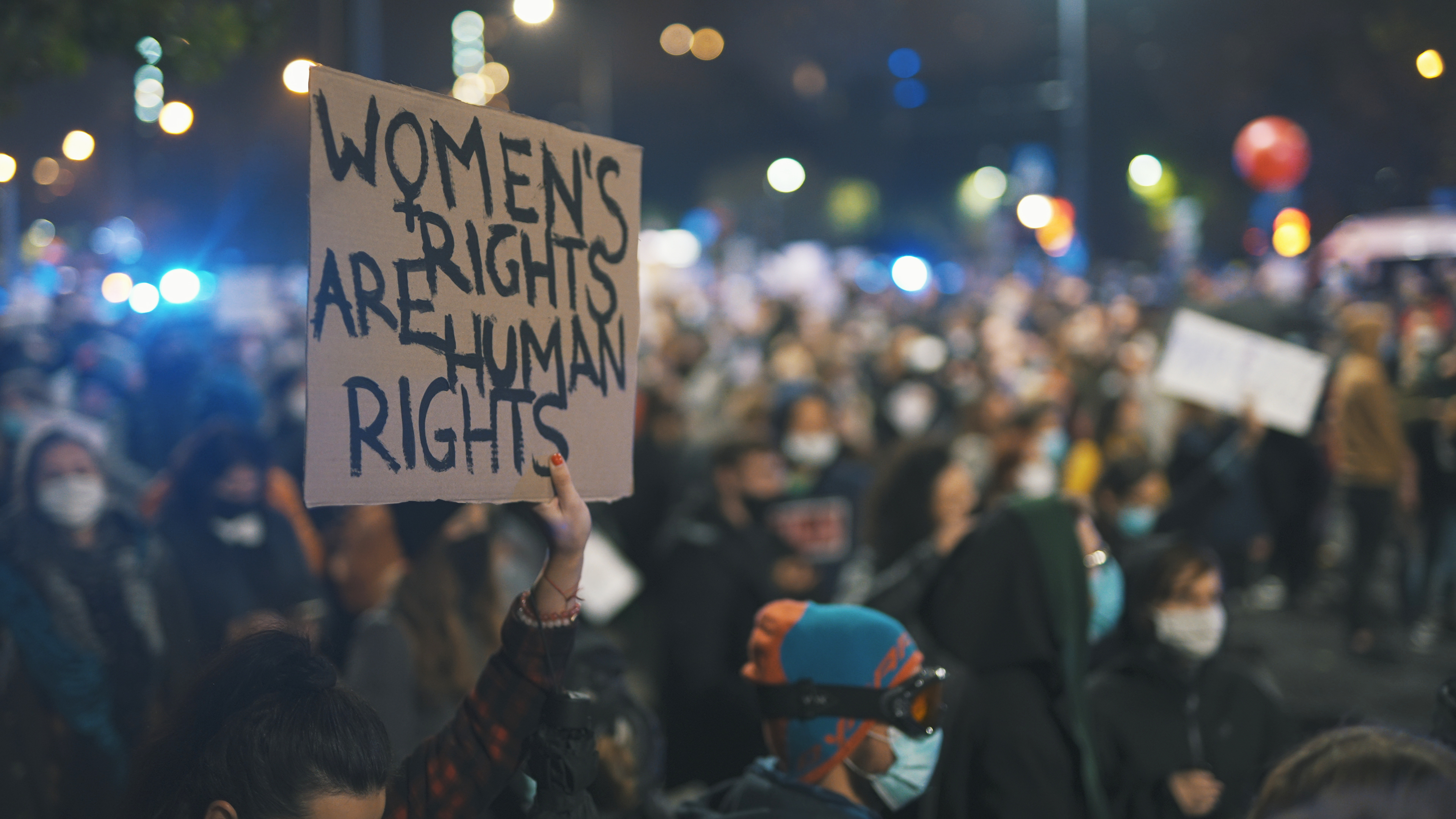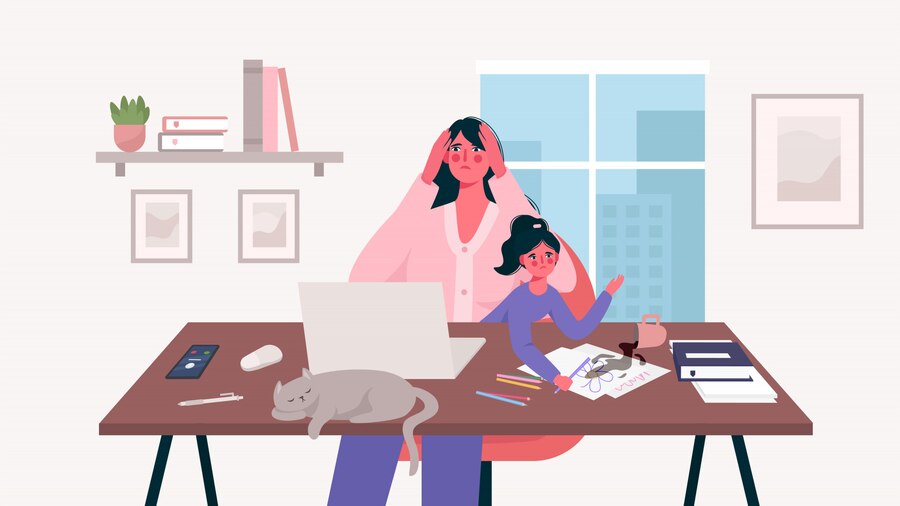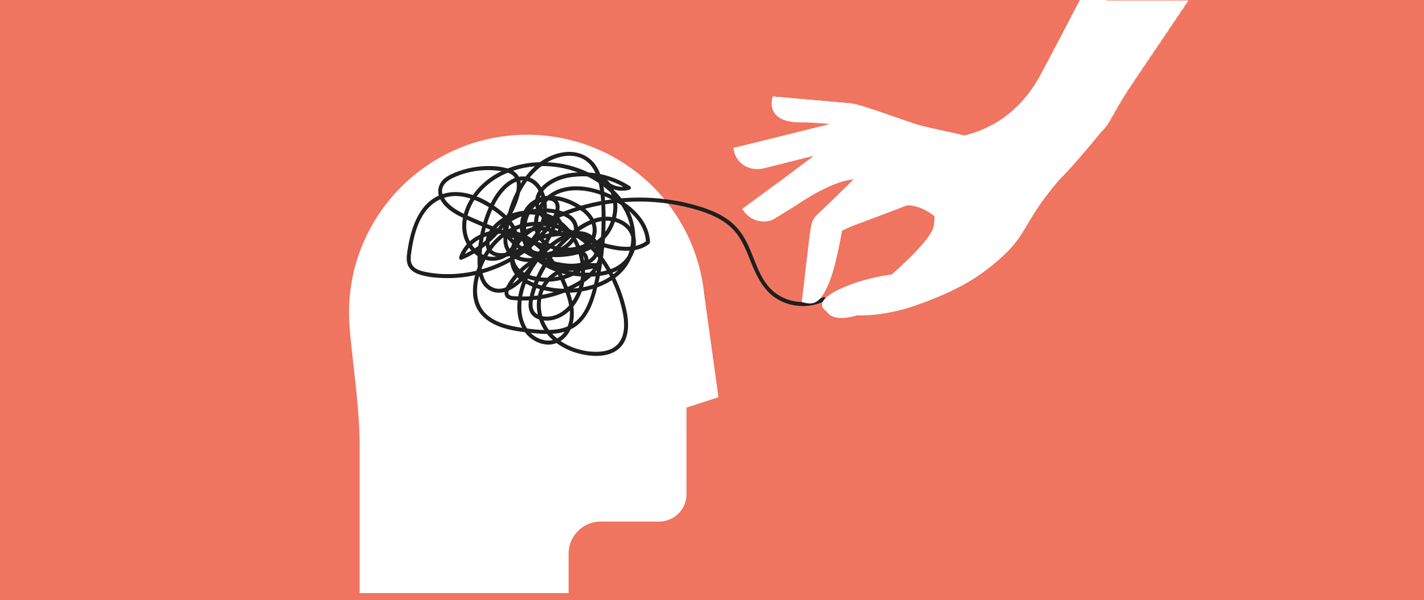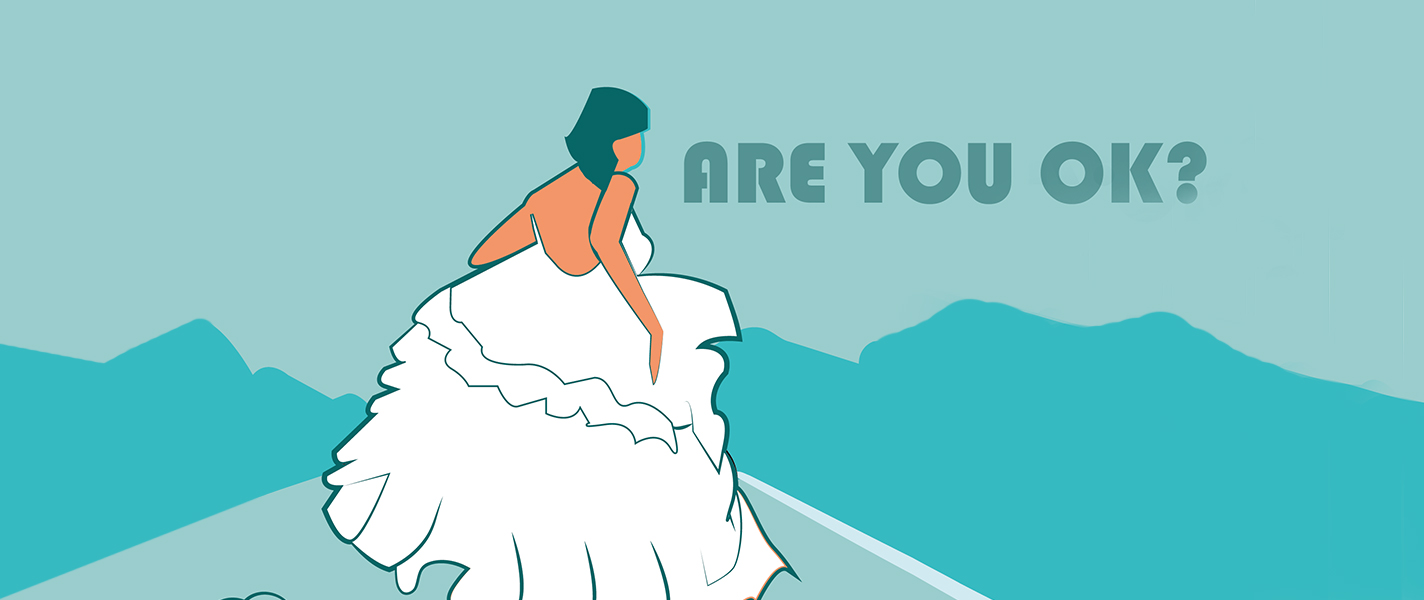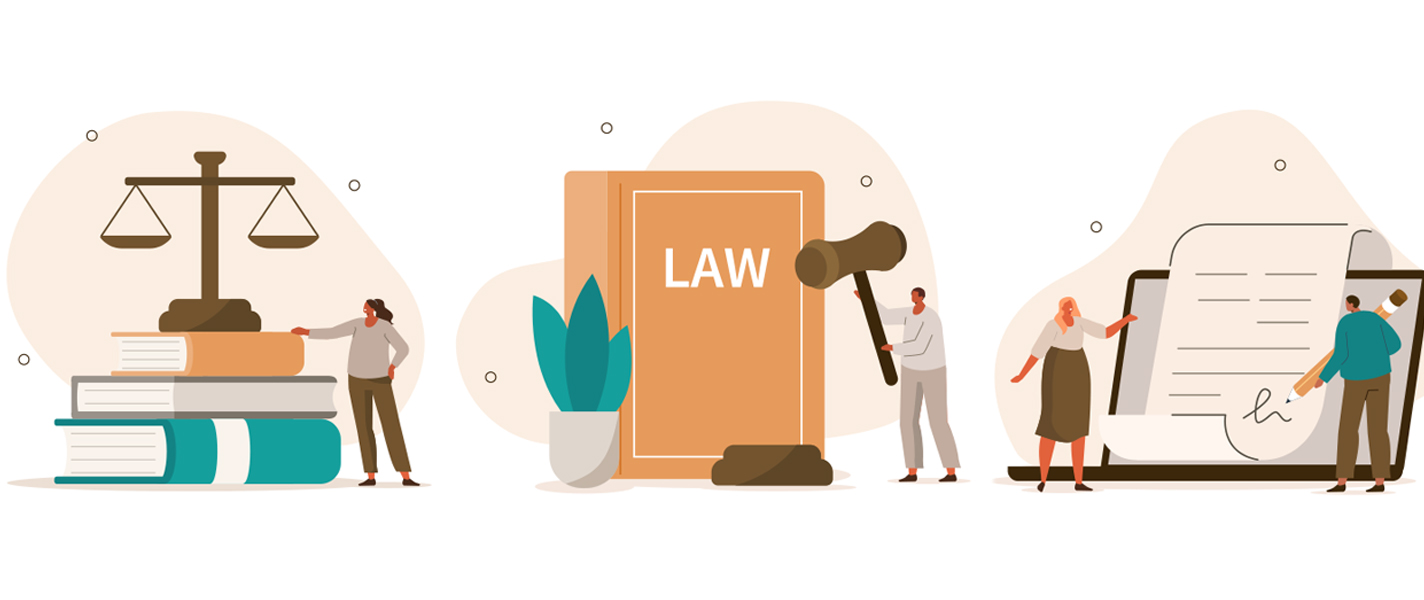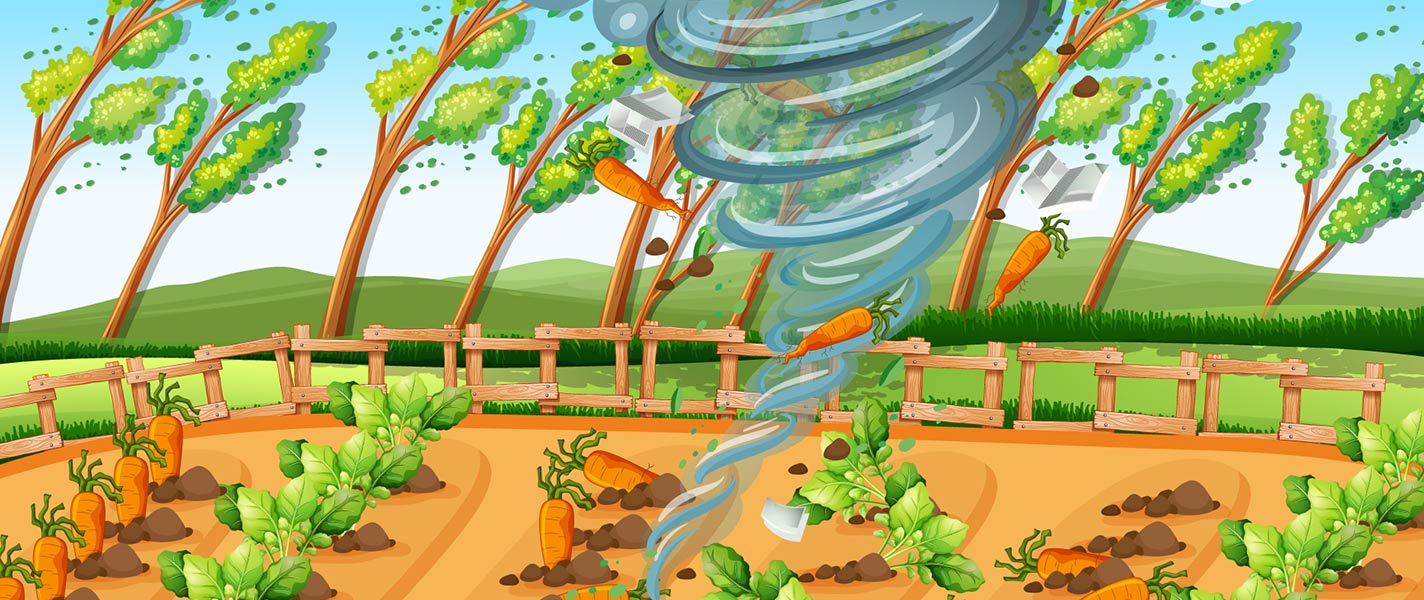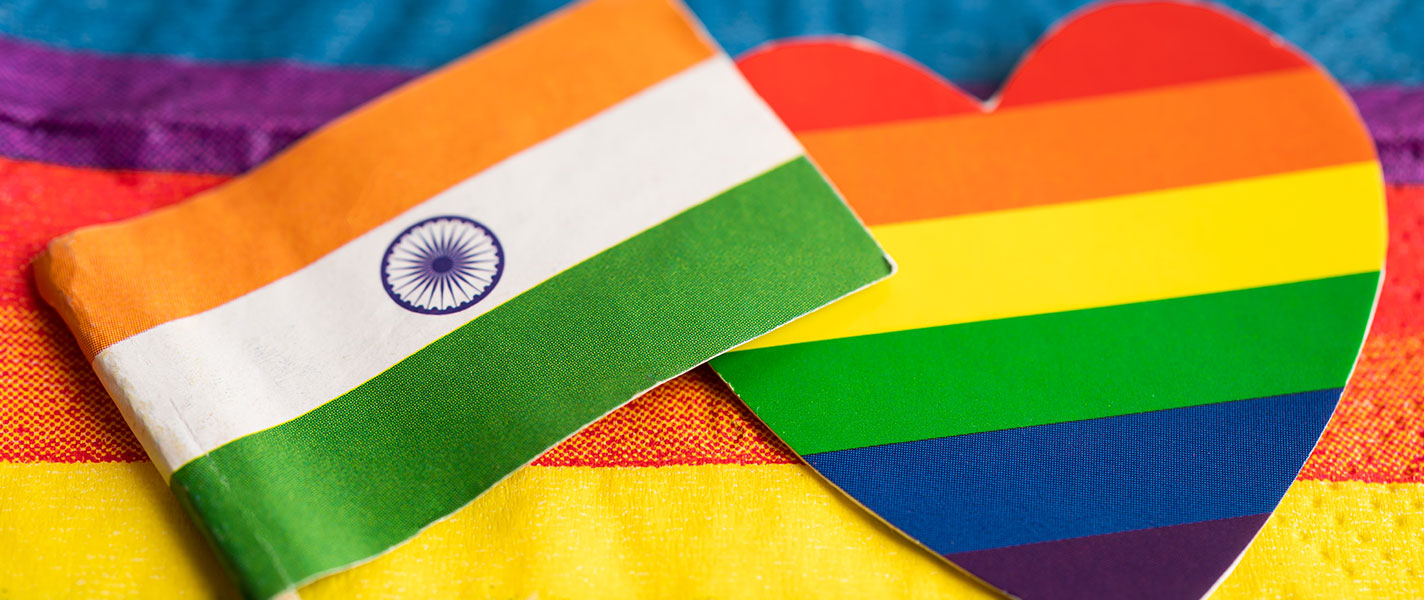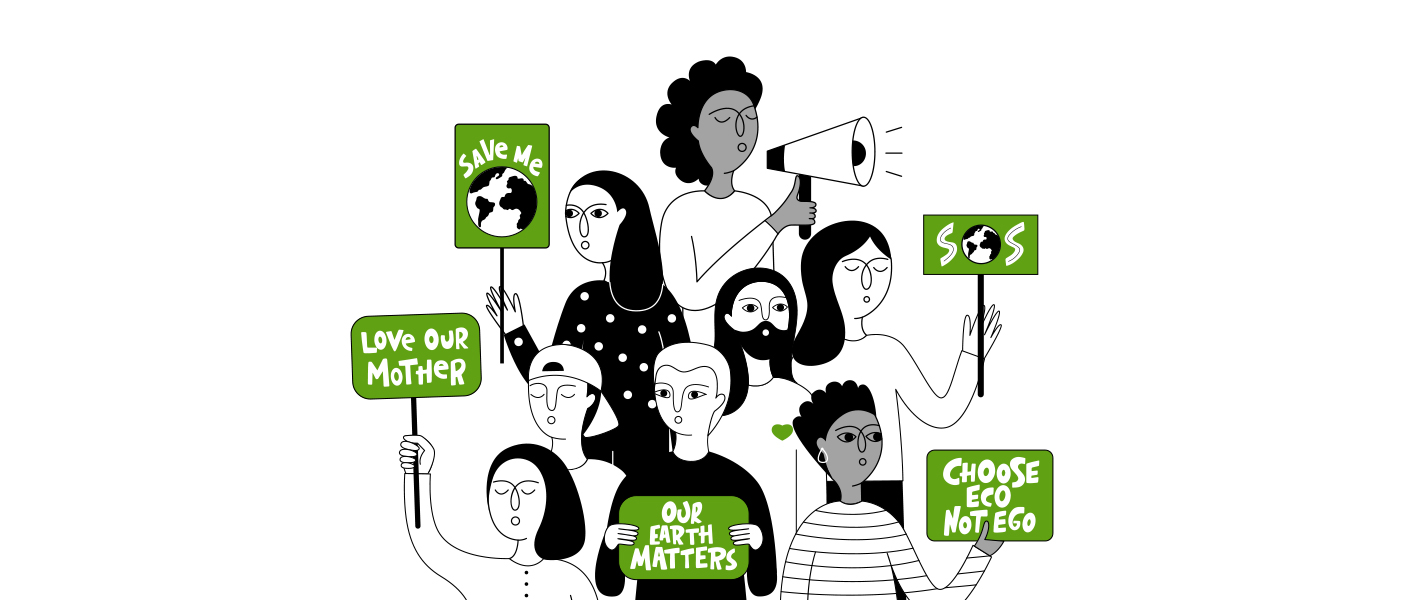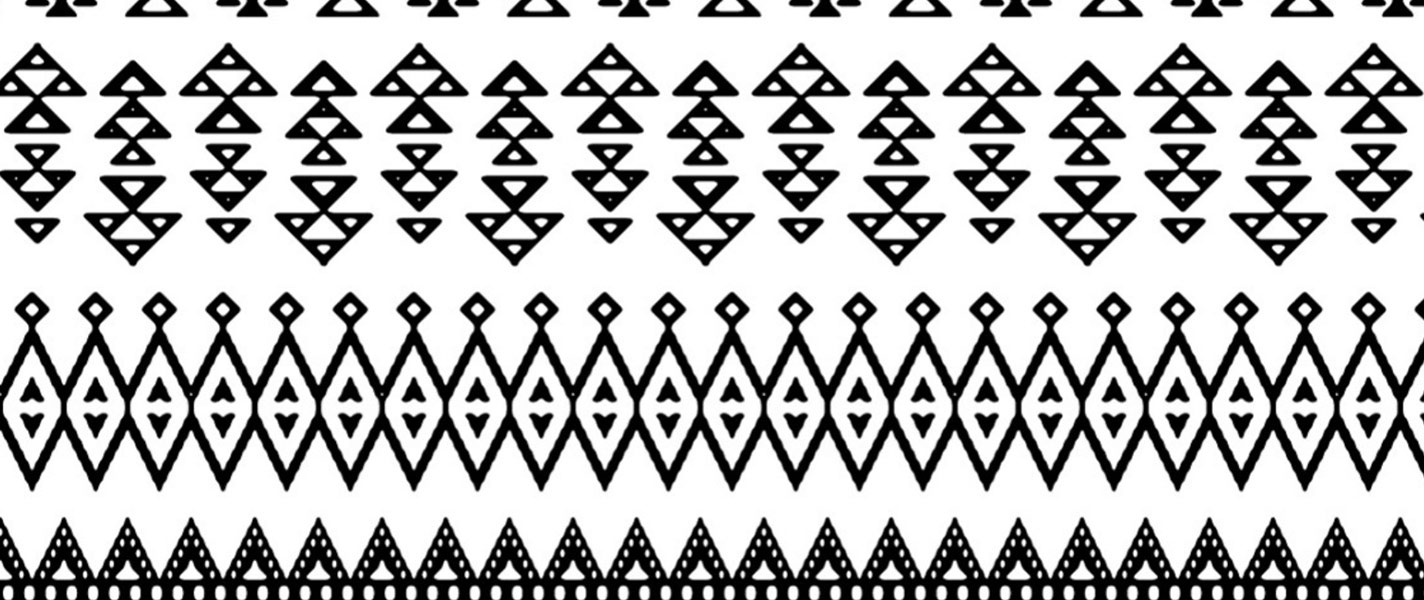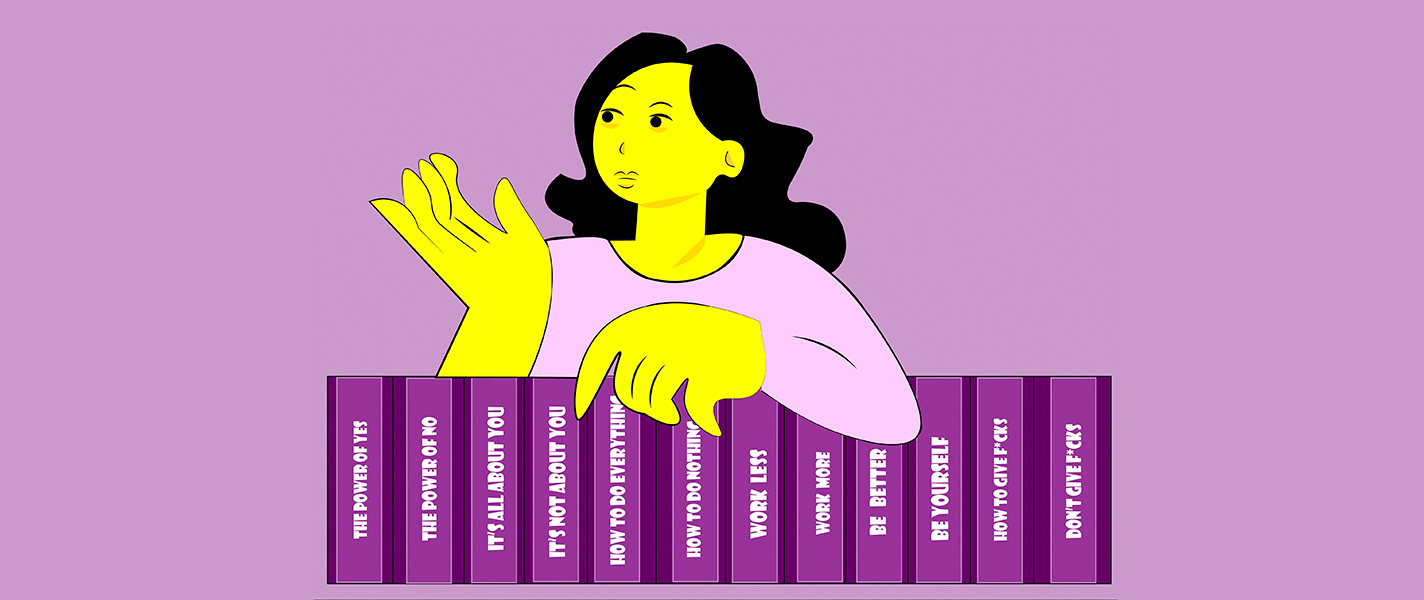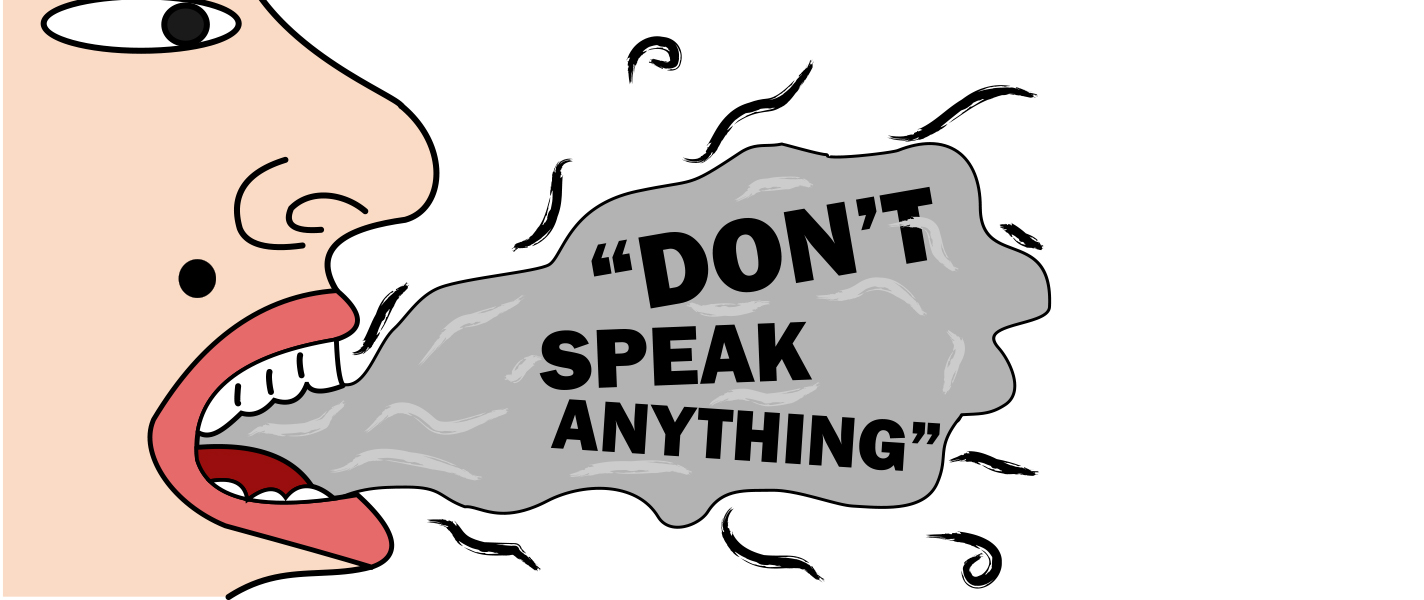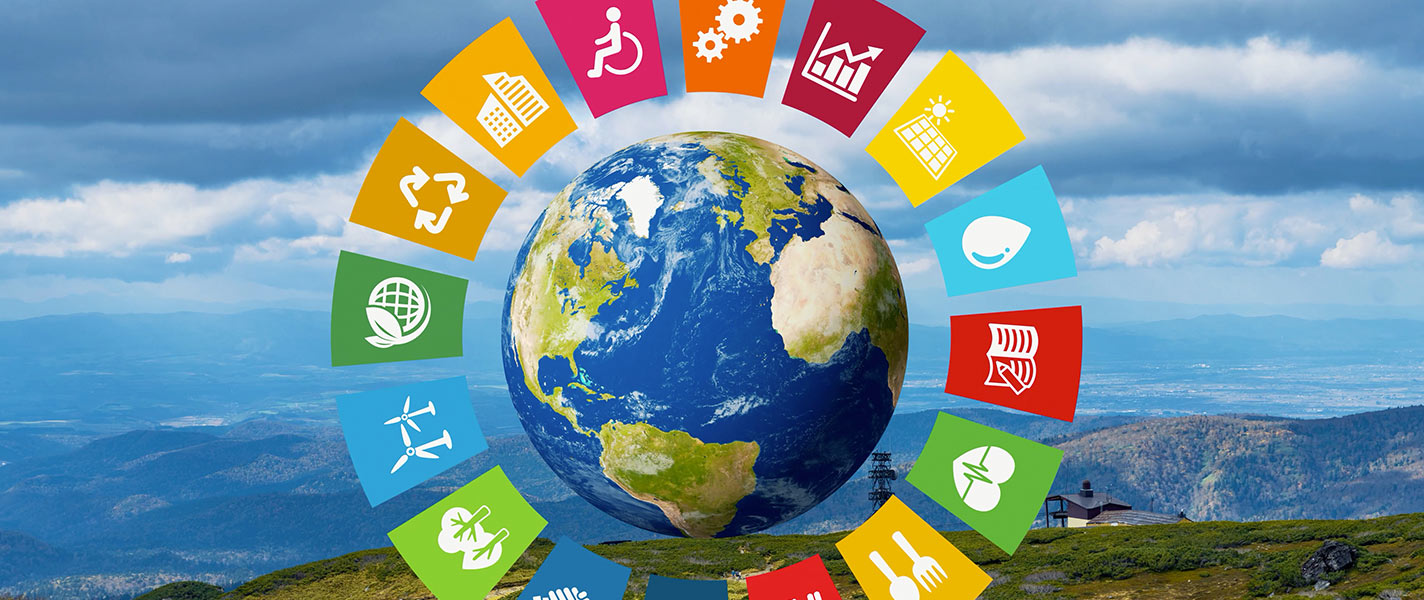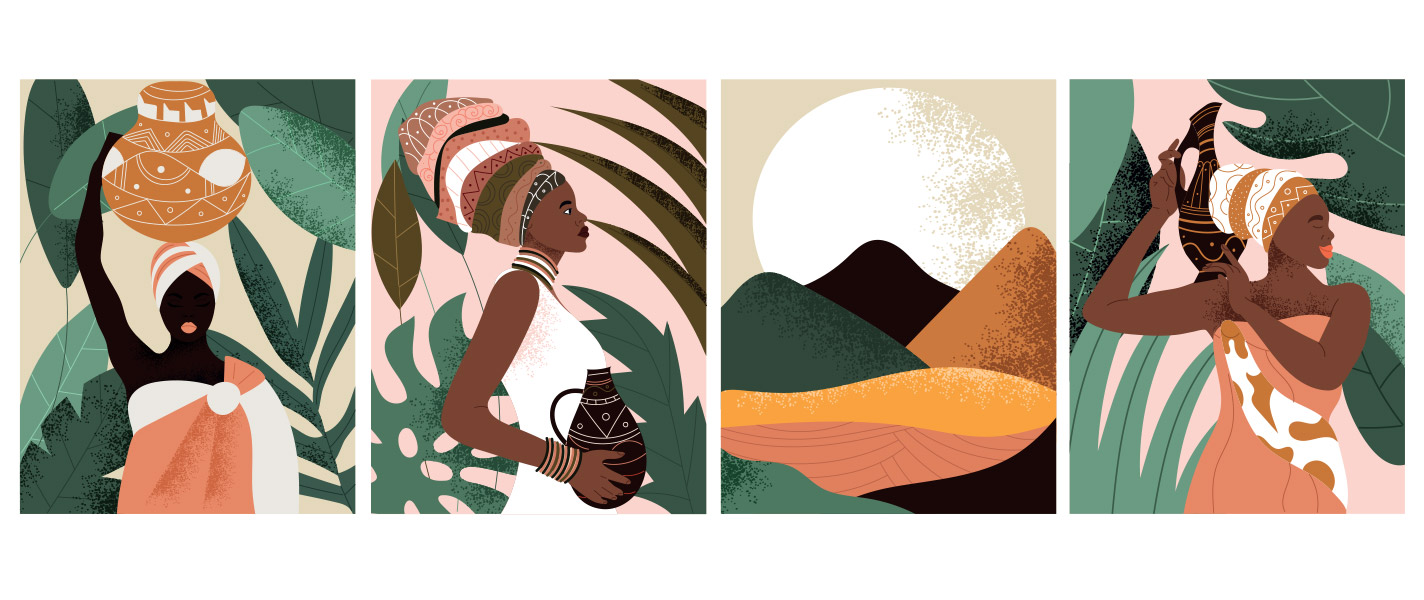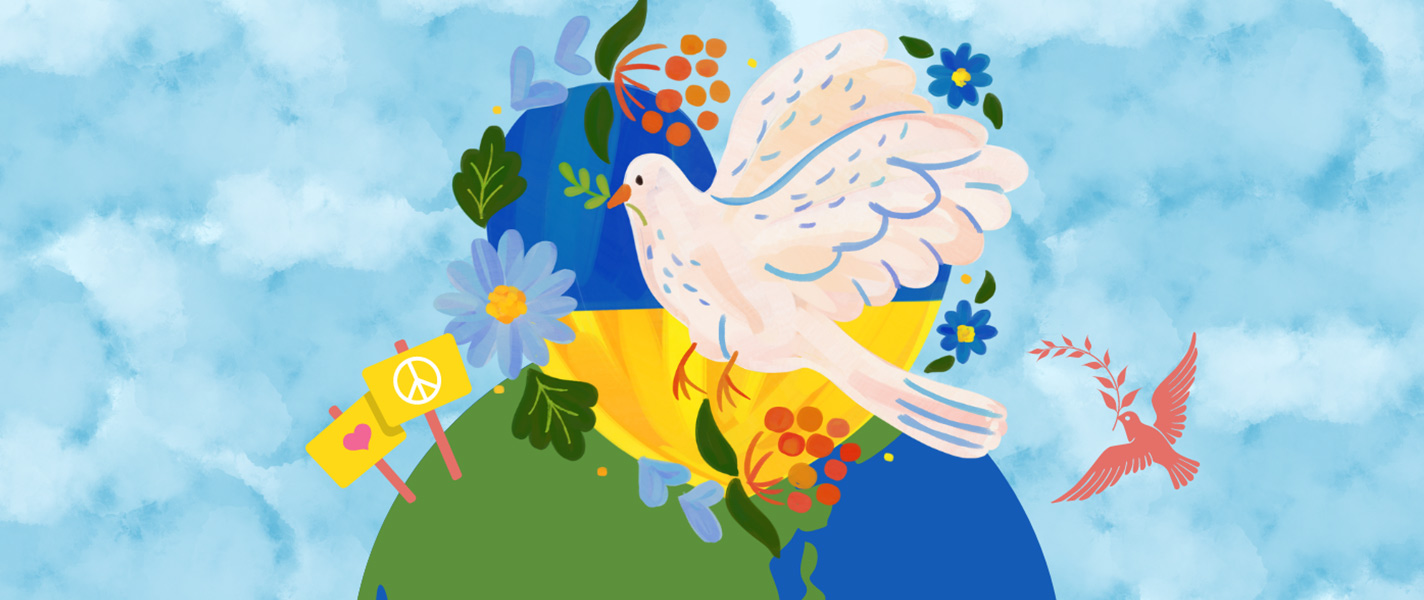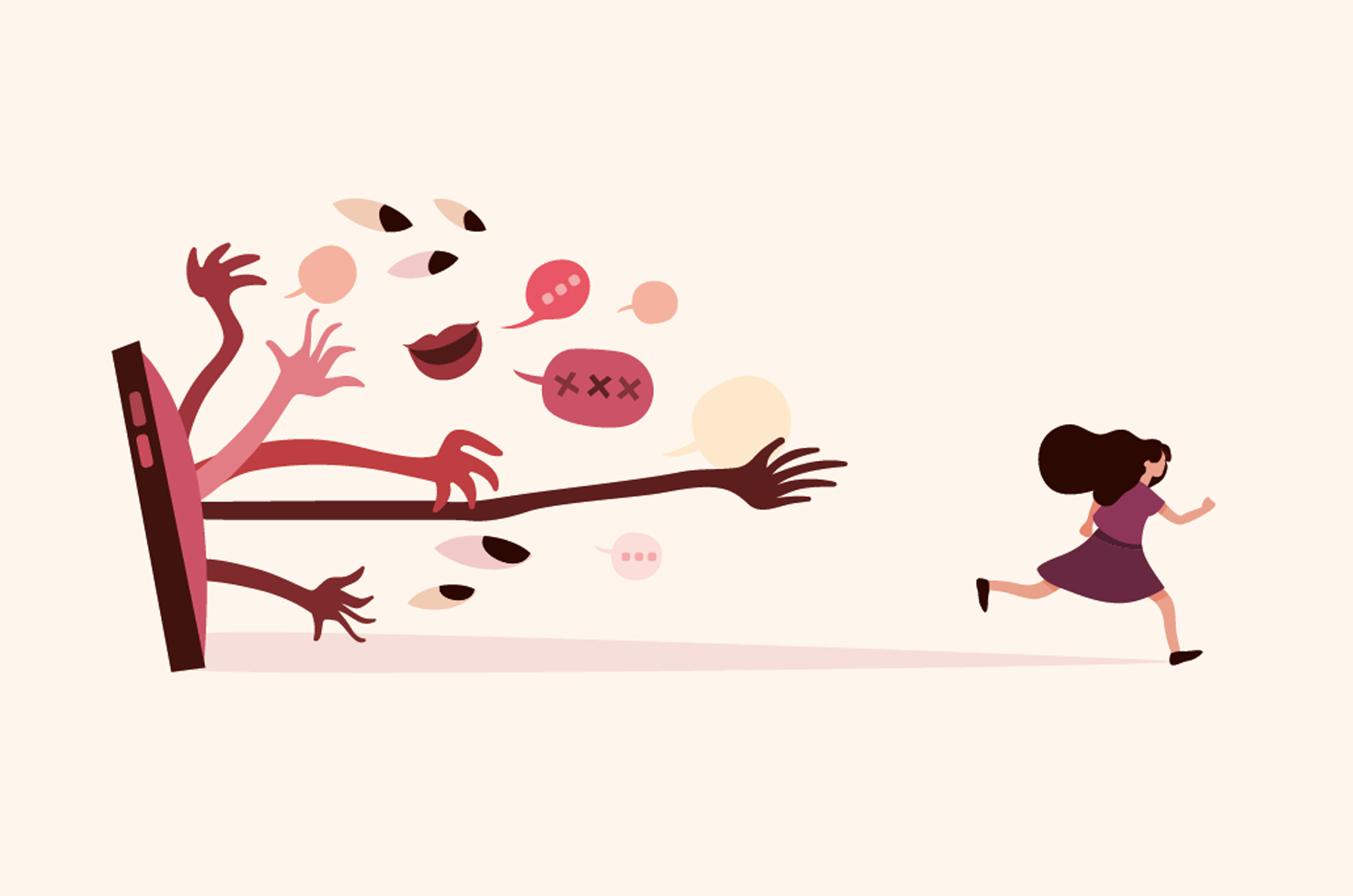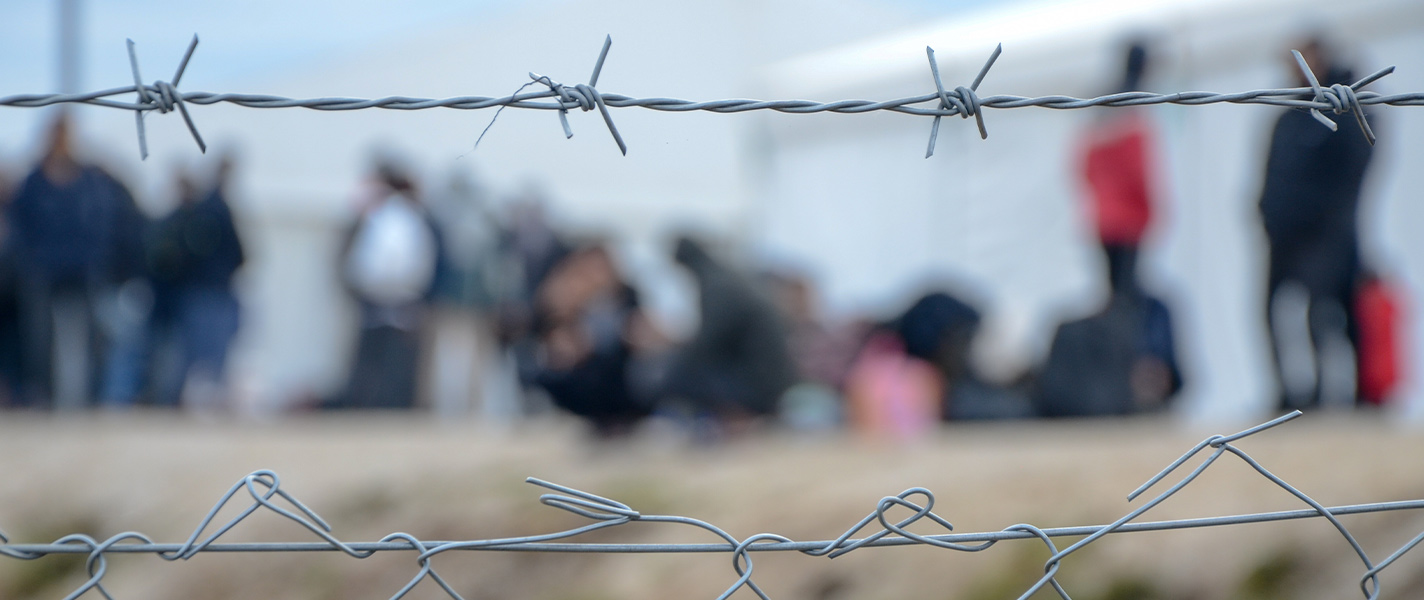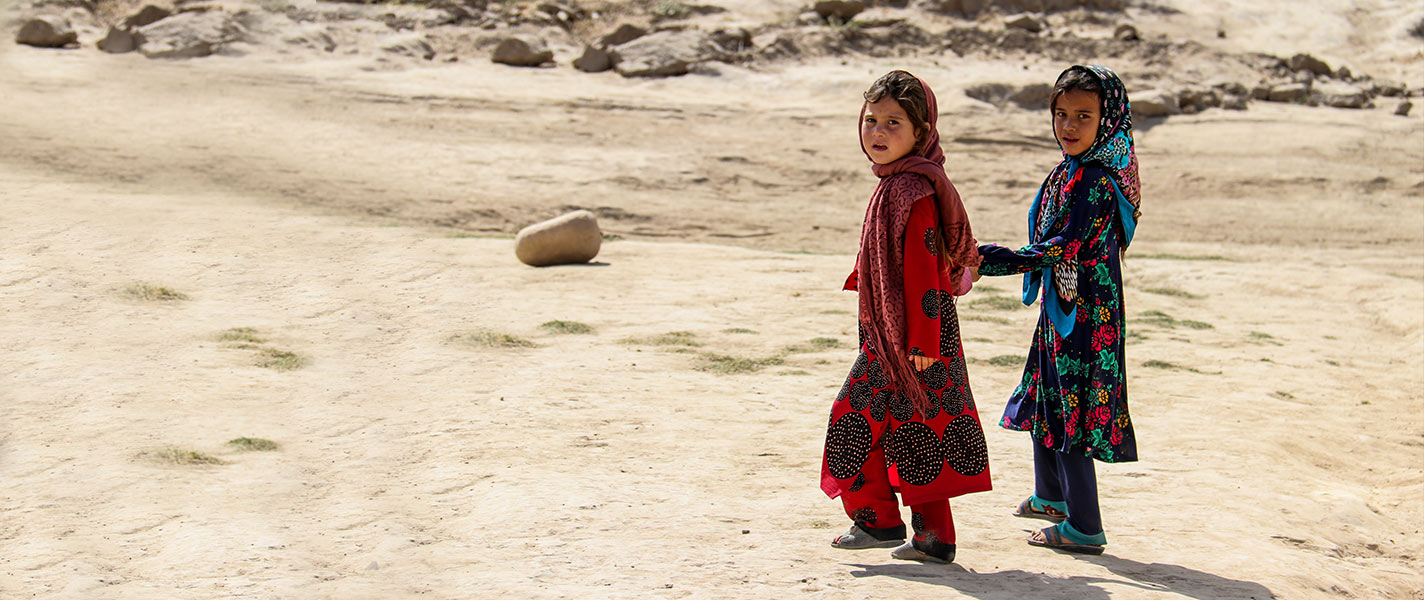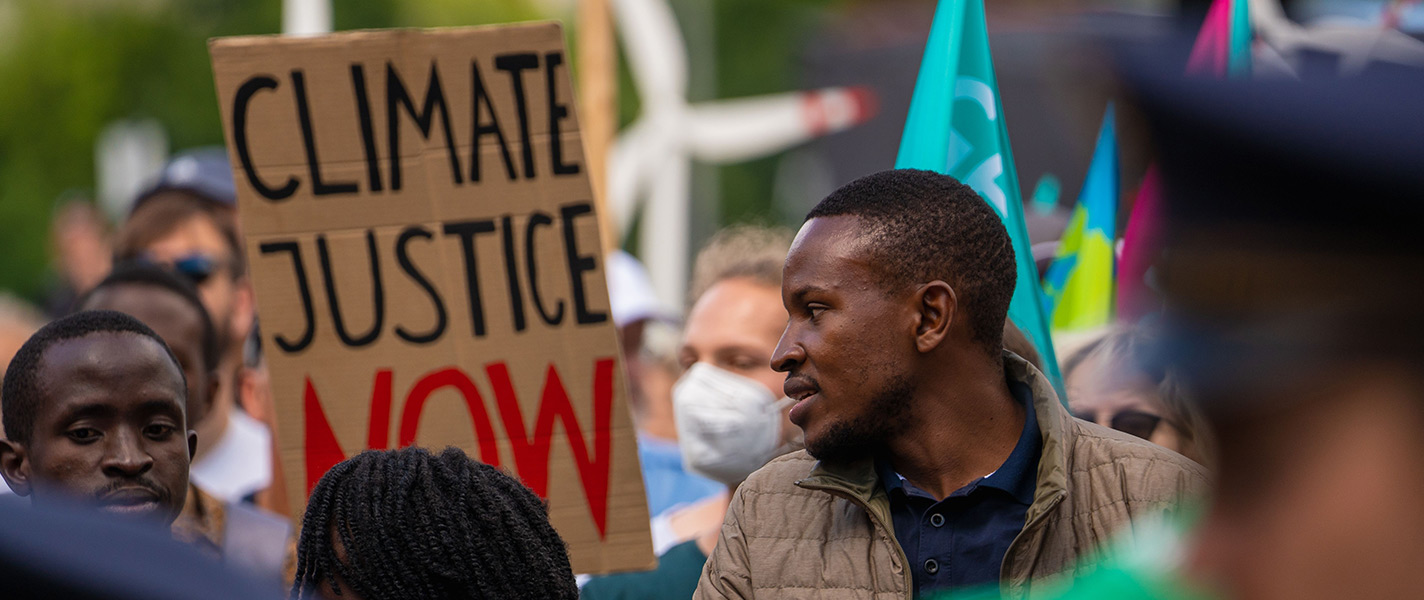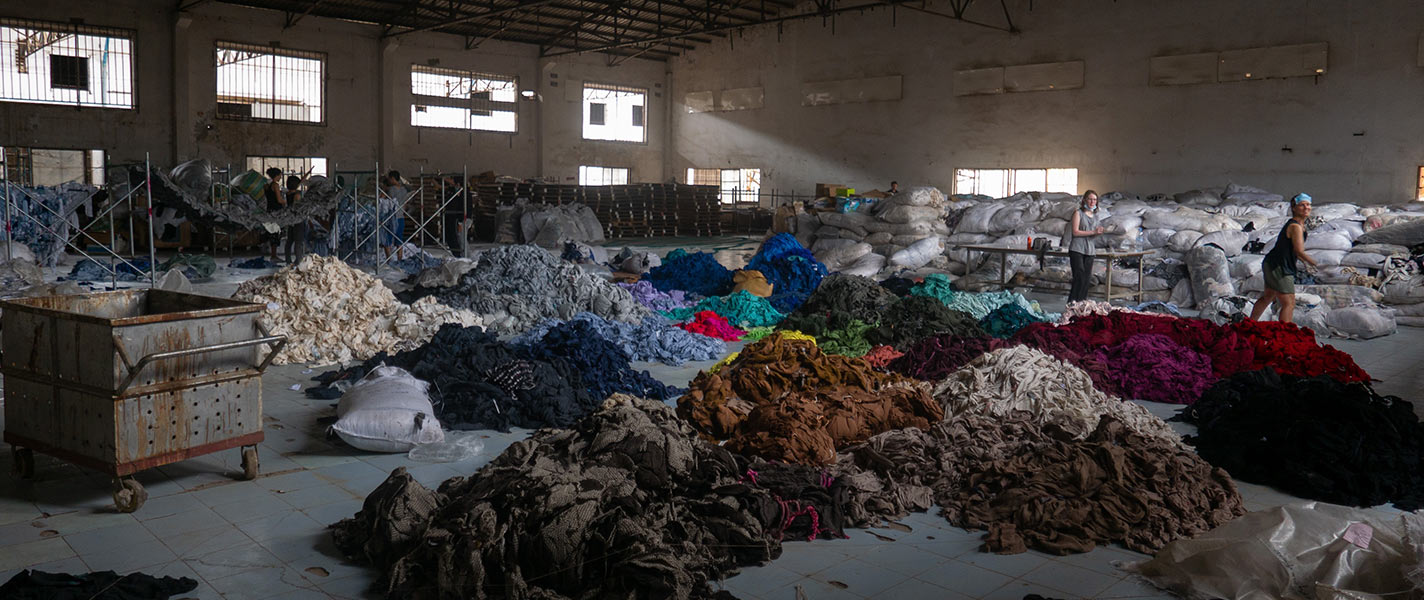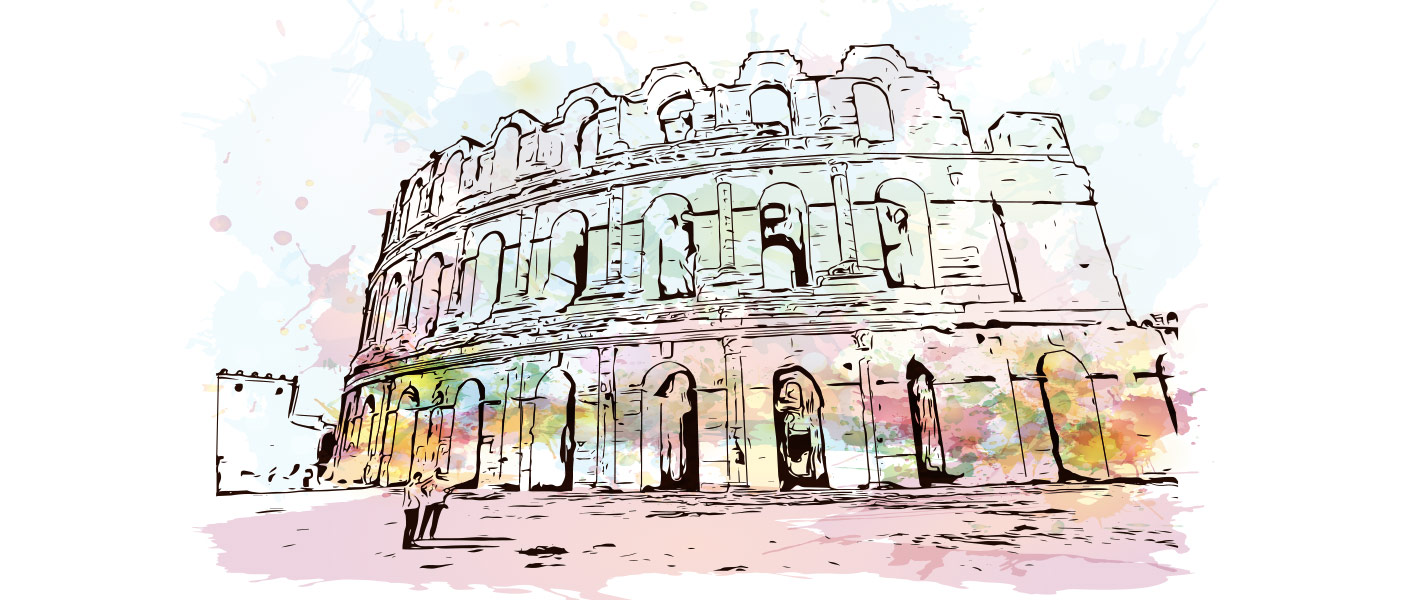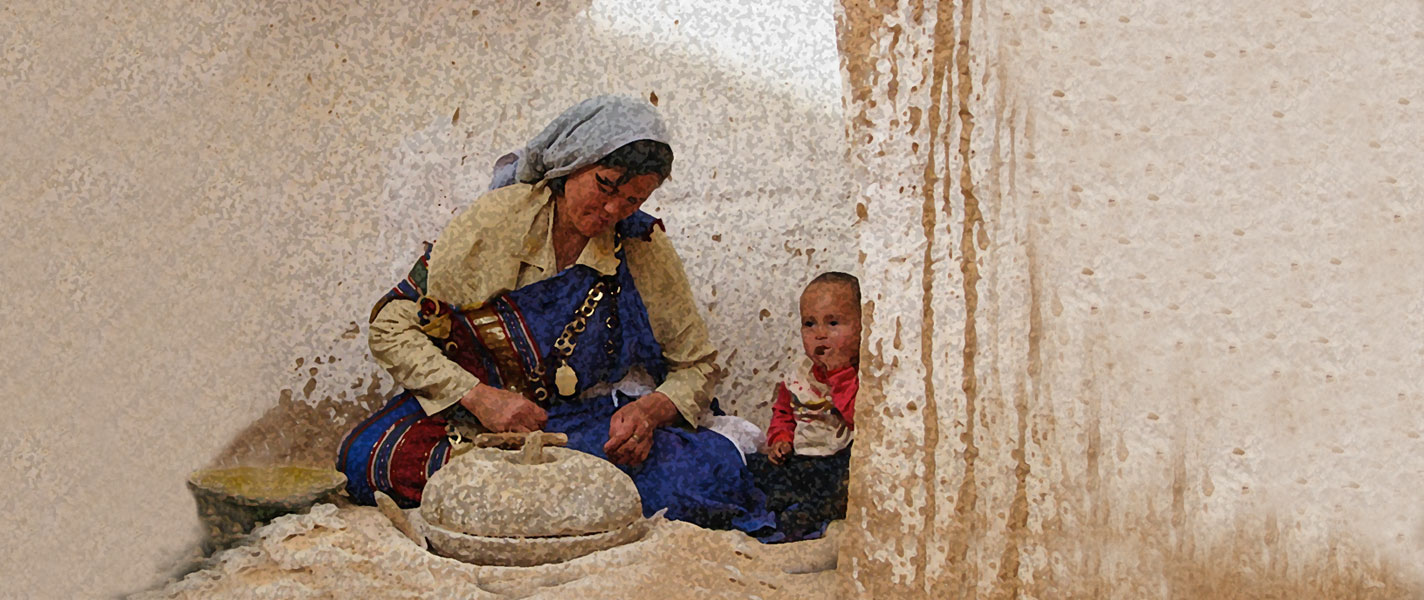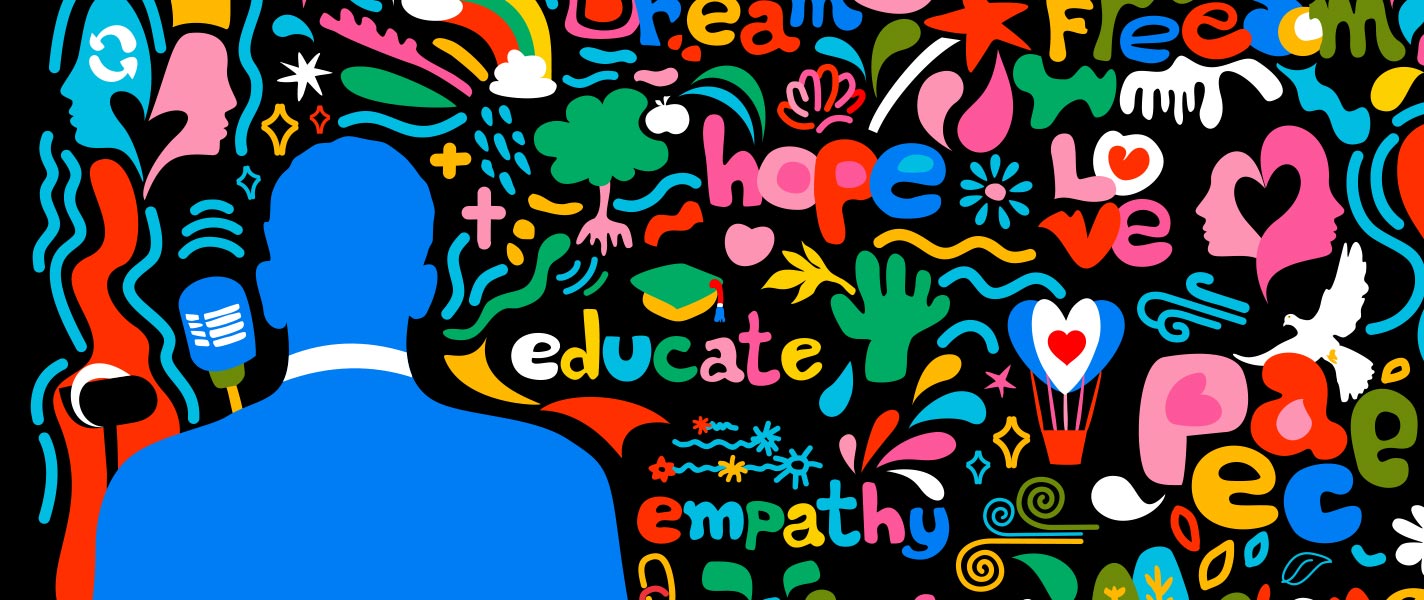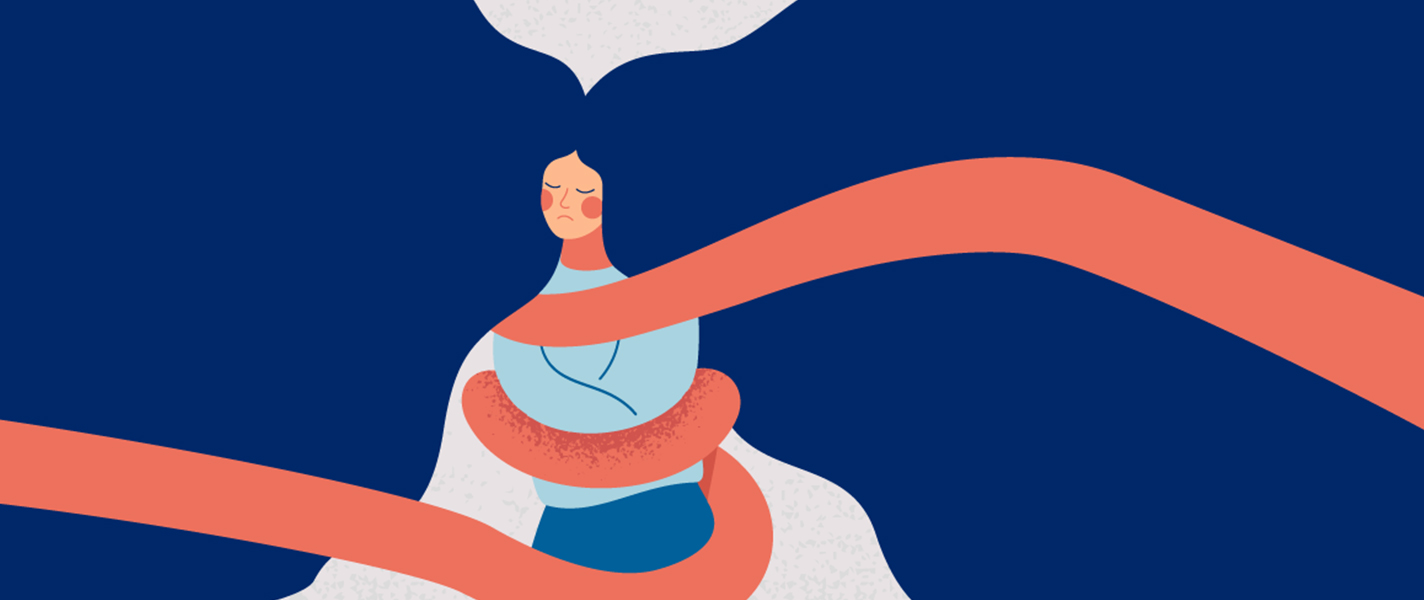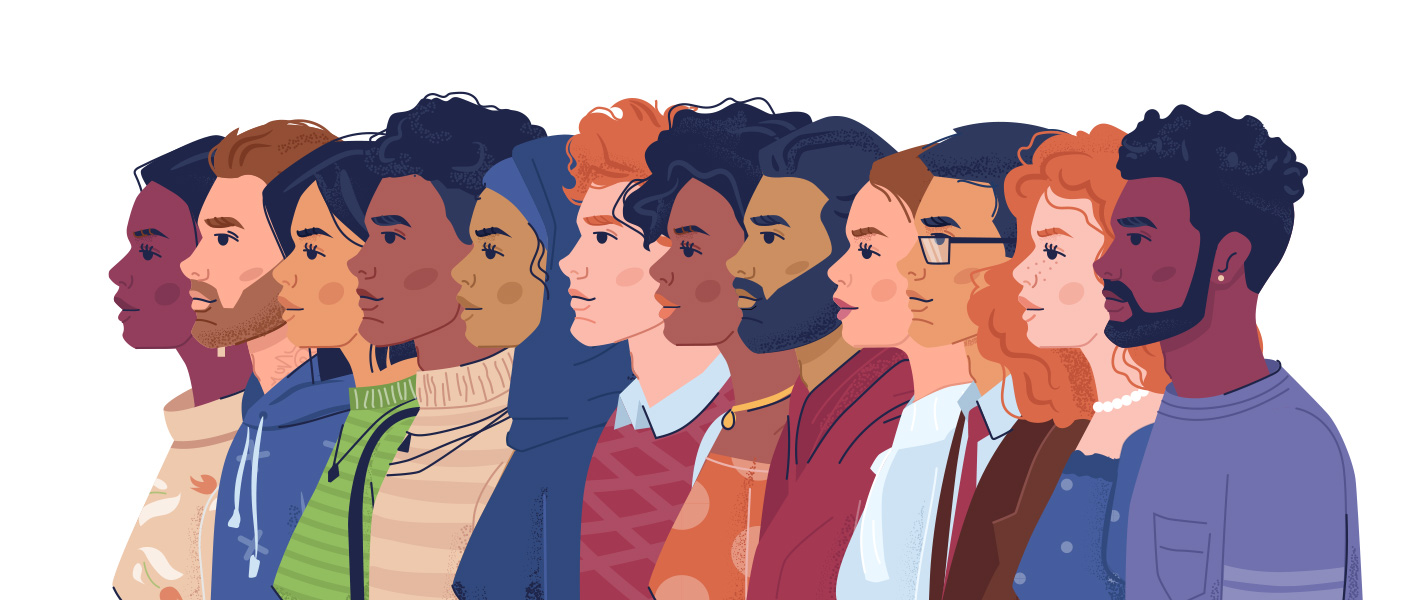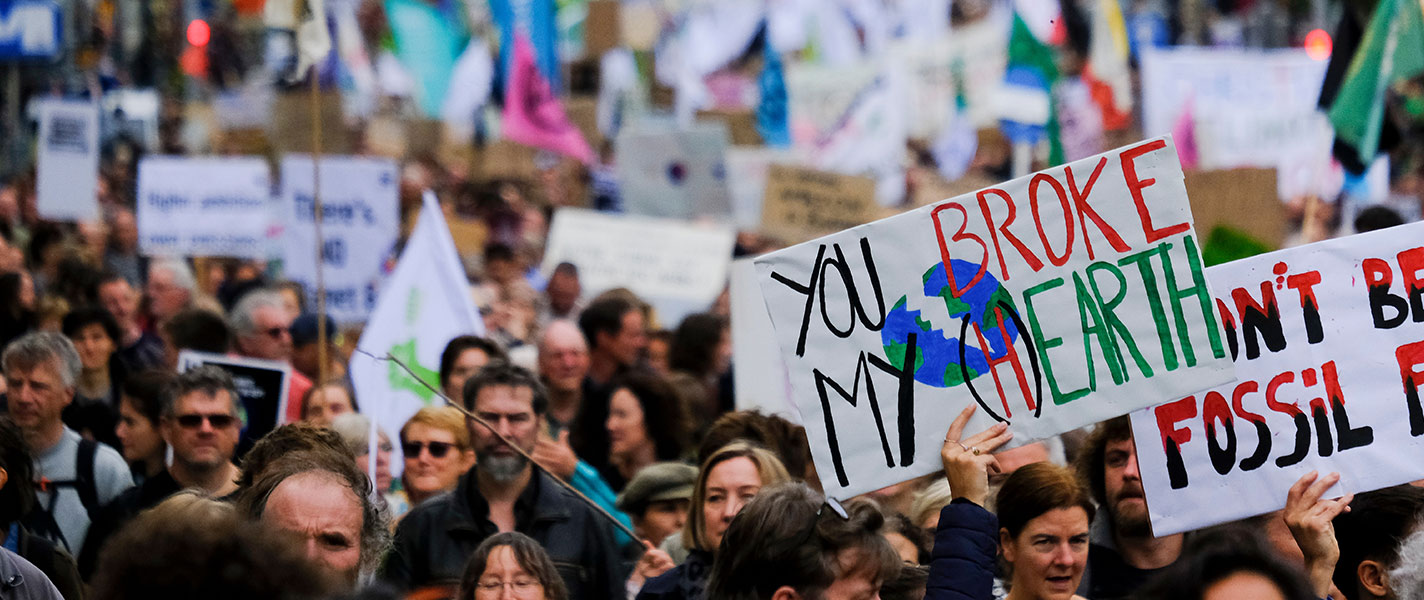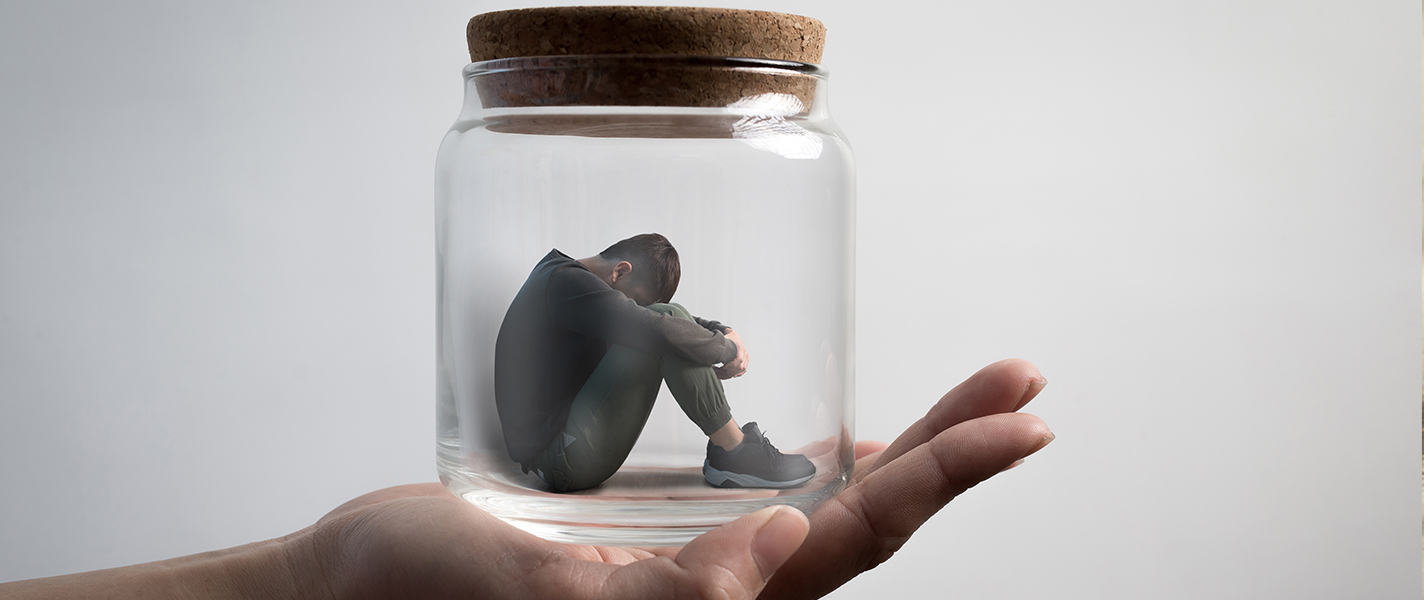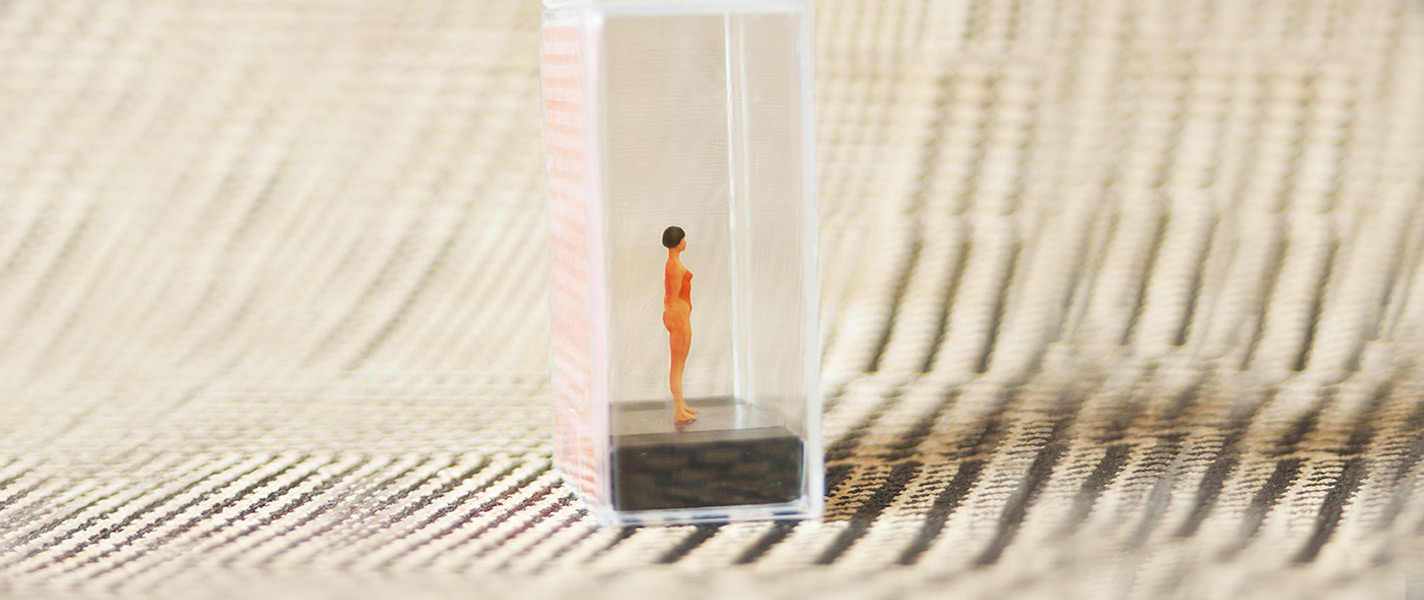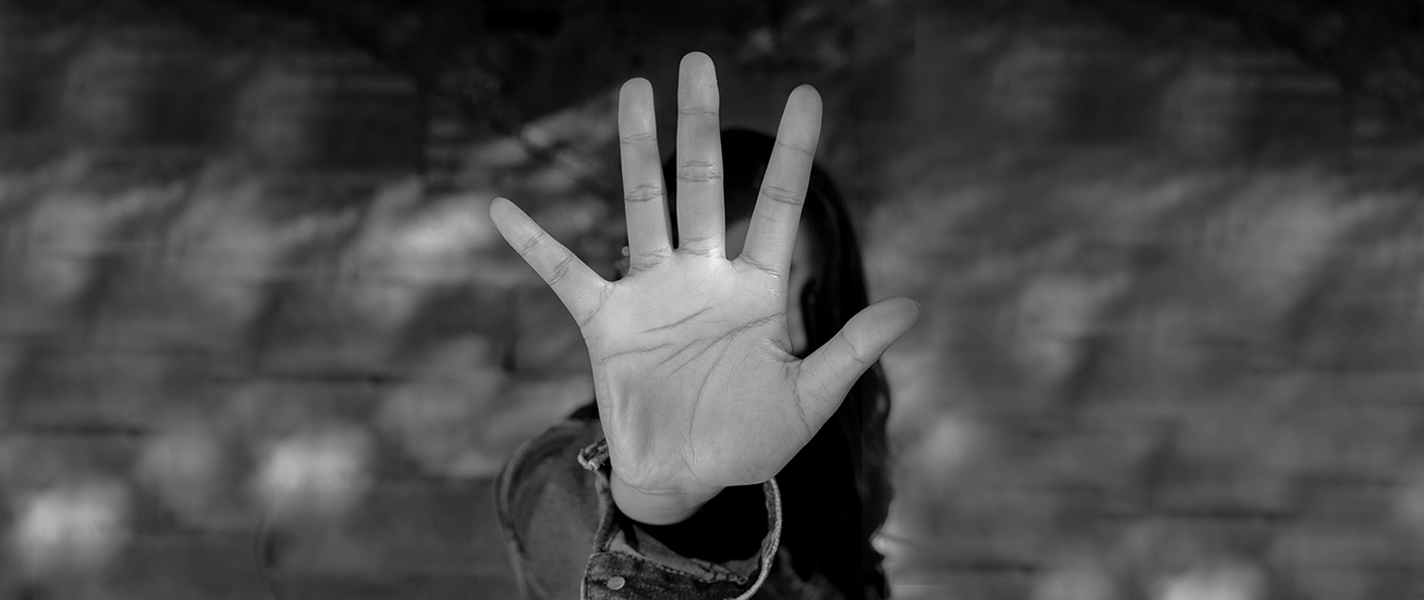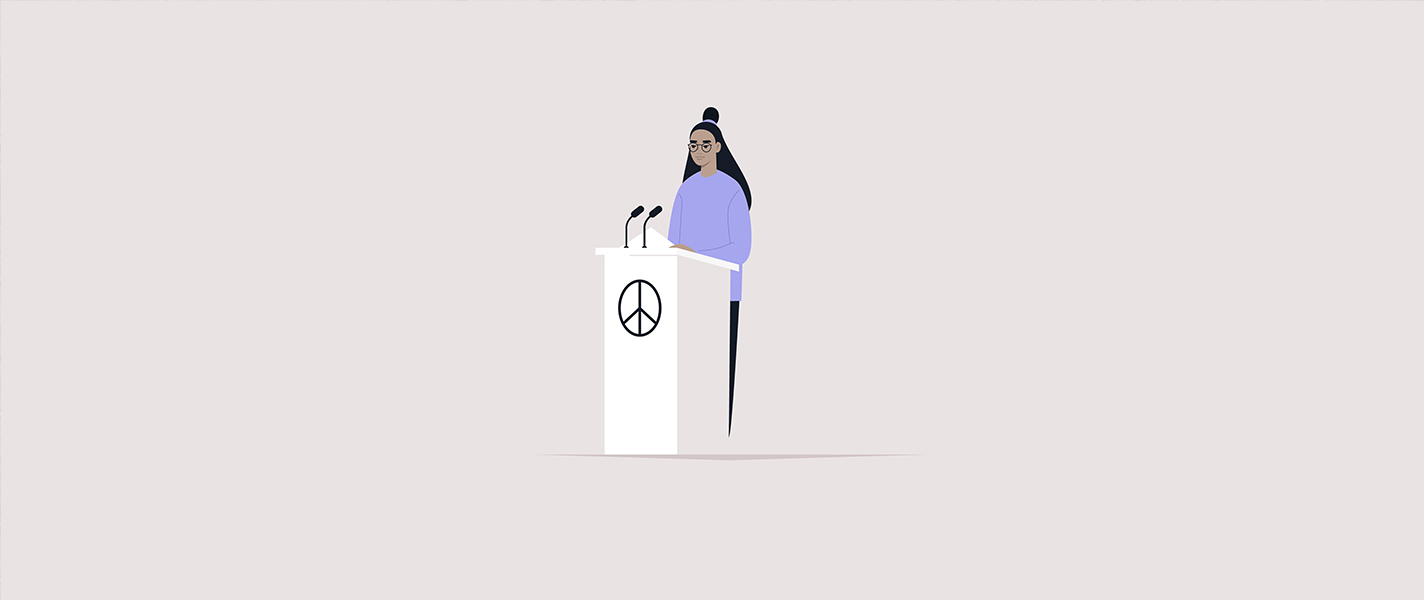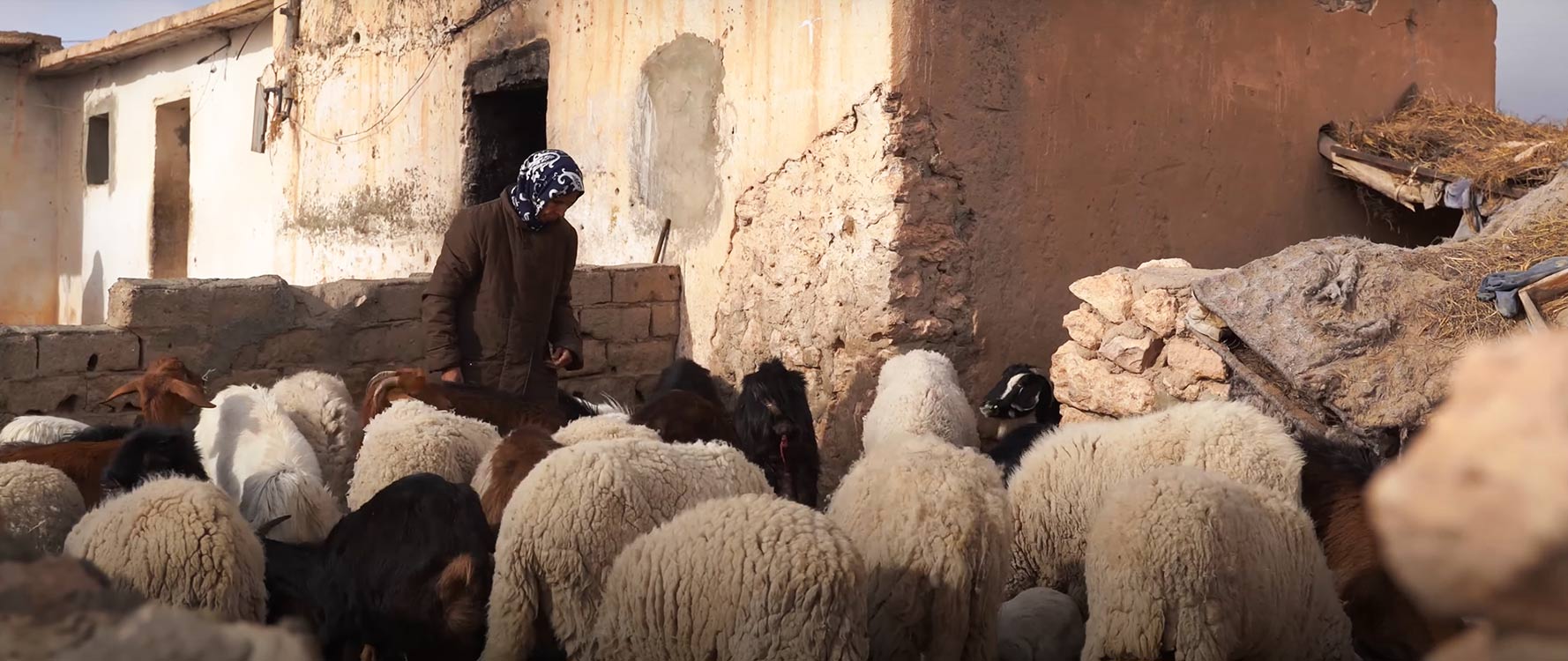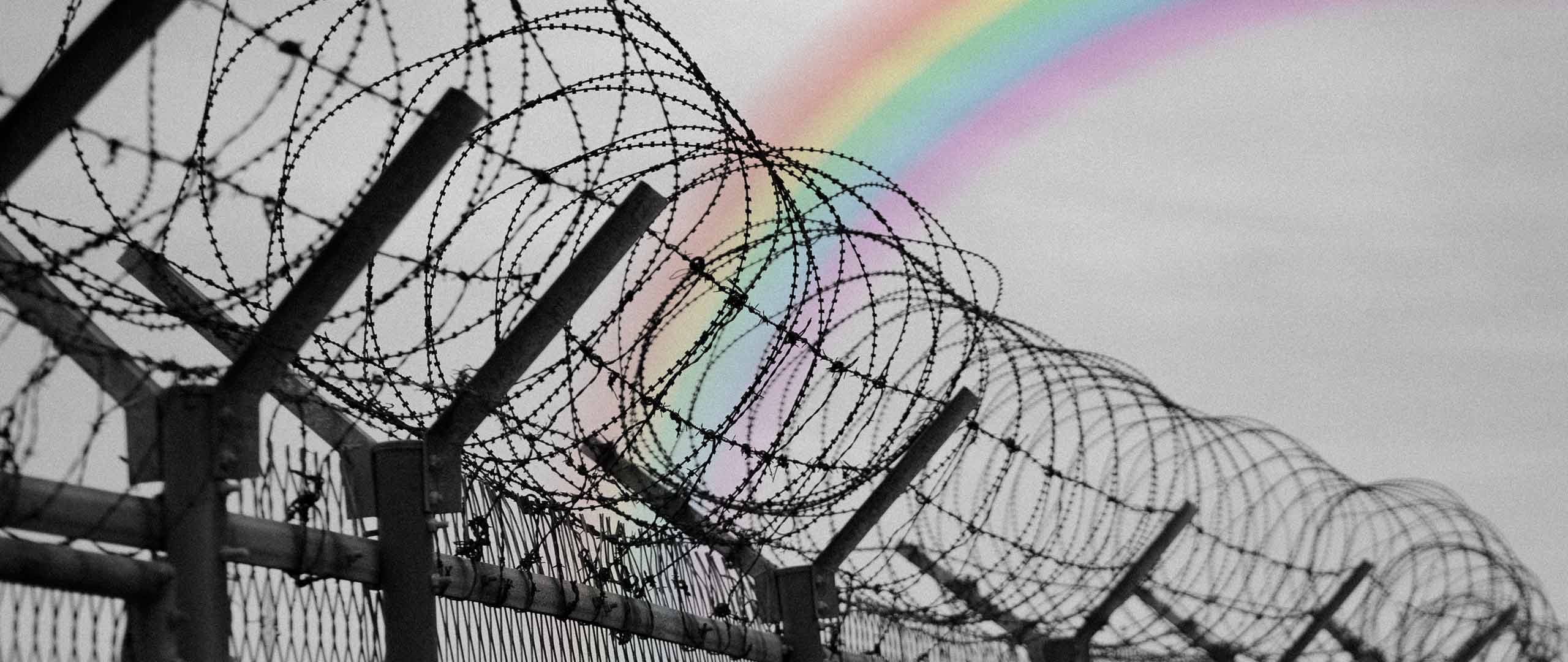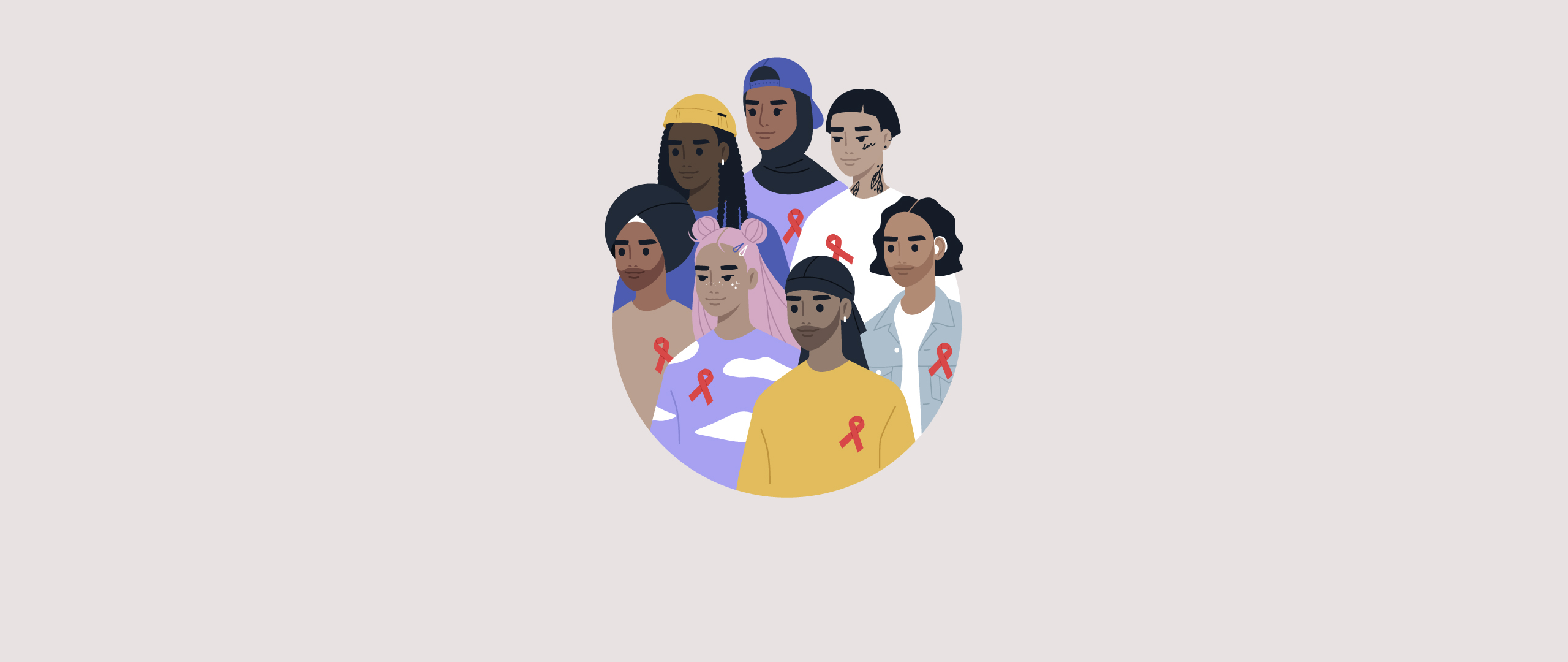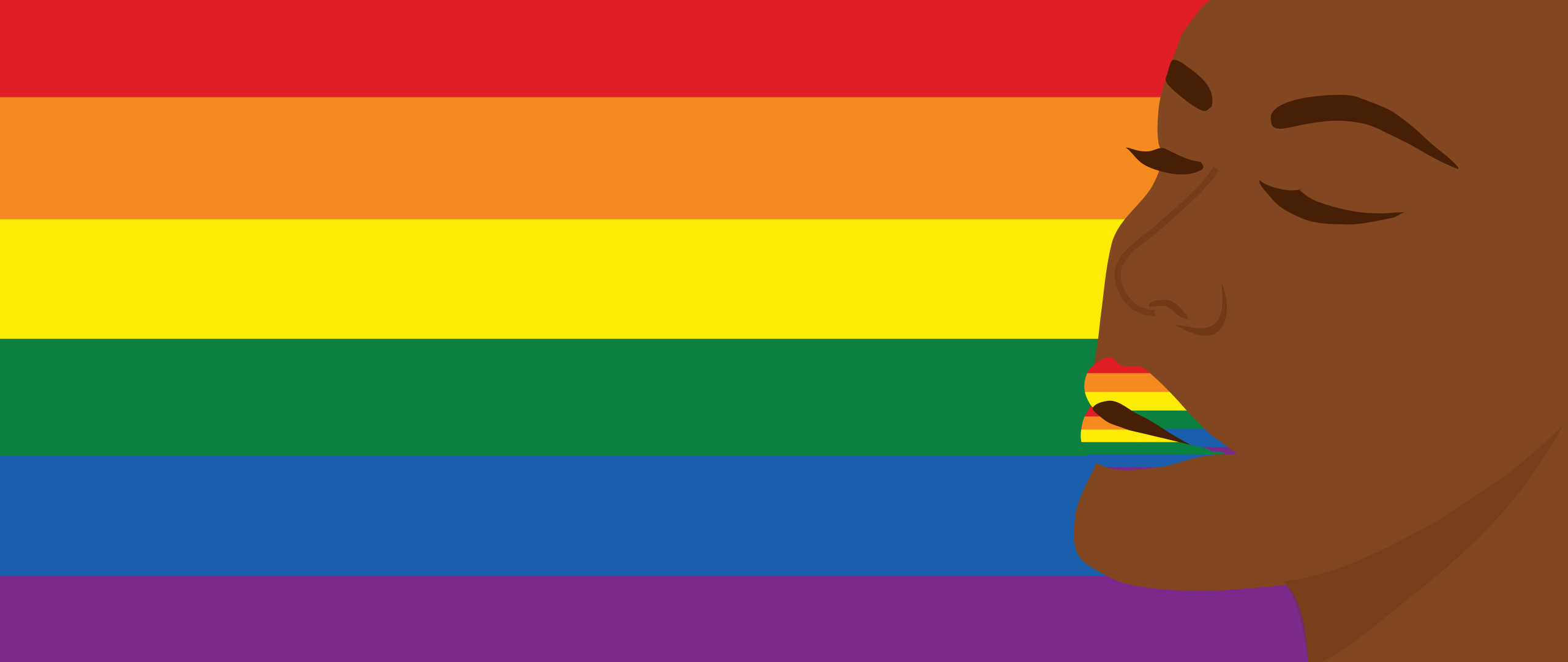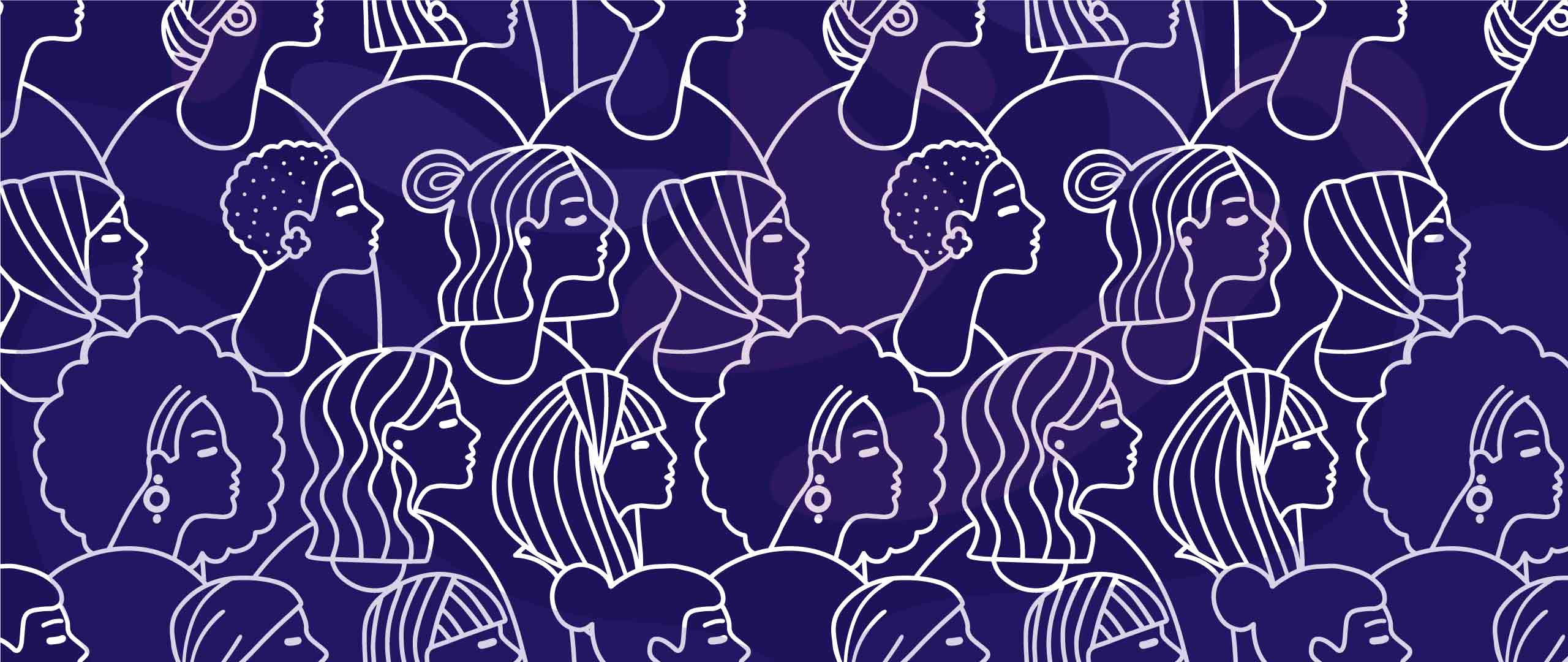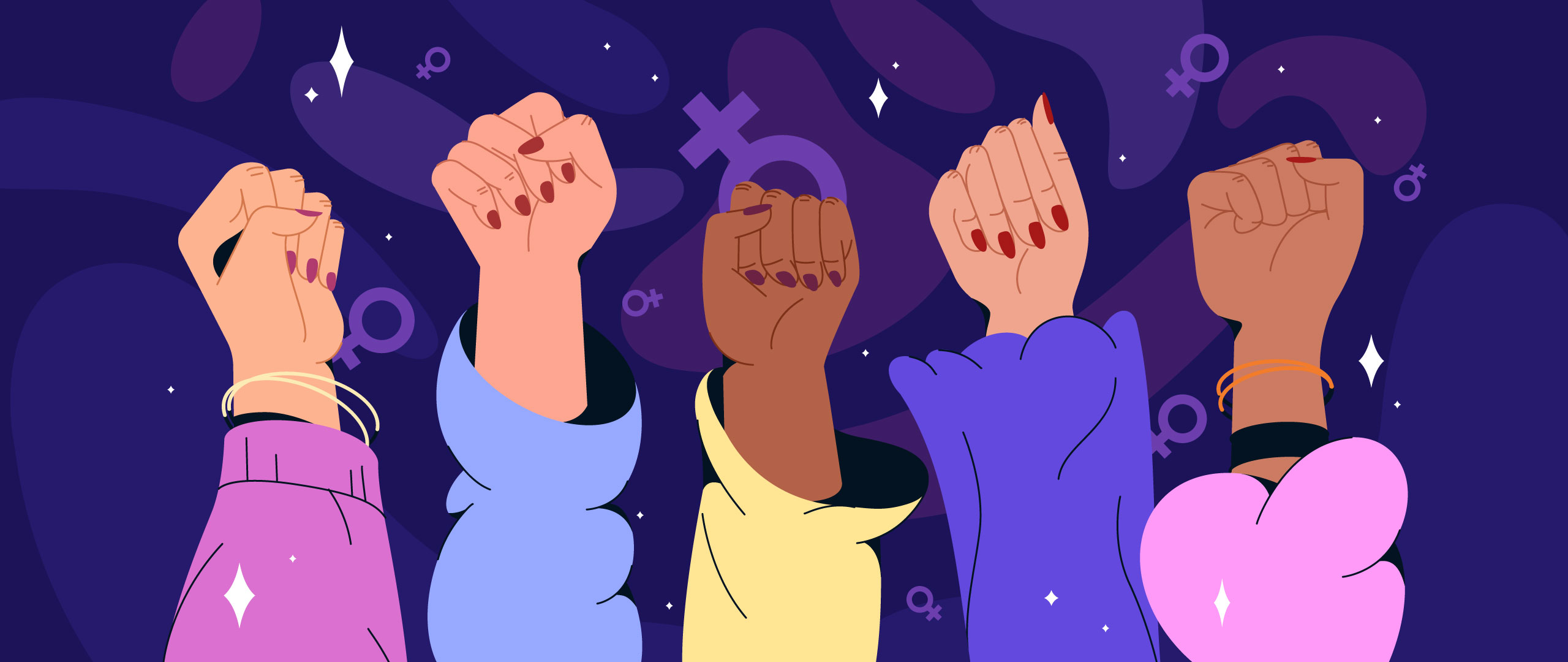Moroccan Women Rioting for Abortion Reform
How many more women, like Meriem, are going to die for Morocco to change its legal
framework on abortion?
On the 6th of September 2022, Meriem, a young Moroccan girl who was only 14 years old, died after a clandestine abortion conducted after she was raped. The procedure took place in the house of the assailant who sexually exploited her. Meriem was not only a rape victim but also a victim of systemic injustice that criminalizes abortion, even in the worst cases like rape. The incident reignited debate over abortion in Morocco and ever since Moroccan activists have been using social media to raise their voices about the status of abortion in the country.
Abortion: A Major Public Health Problem
Morocco is not the only country that criminalizes abortion in the Southwest Asian North African region. In comparison with the international scene, Morocco is still lagging in terms of women’s access to sexual and reproductive health care. In this context, the Moroccan legal framework is considered outdated. In fact, the Moroccan penal code was introduced in 1962 and it was only amended in 2014 when the Moroccan Parliament adopted a legislative amendment repealing subparagraph 2 of Article 475 of the Penal Code.
The penal code has been criticized for being incompatible with international human rights standards. The right to health care is enshrined in the Convention on the Elimination of All Forms of Discrimination Against Women (CEDAW), which Morocco ratified in 1993. Indeed, Article 12 covers the right to bodily autonomy and gives women control over their sexual and reproductive health.
Article 12.1 of the CEDAW Convention declares that “States Parties shall take all appropriate measures to eliminate discrimination against women in the field of health care to ensure, on a basis of equality of men and women, access to health care services, including those related to family planning.”
In reality, under Article 453 of the Moroccan Penal Code, abortion is only possible for emergent health reasons. Based on the 2007 standards for family planning, abortion is only legal if a married woman is aged between 30 and 45, with at least 3 living children and one of these kids has to be a boy, and the youngest child has to be older than 2 years old. Not only that but the procedure can only be performed with the husband’s consent. This decision was only introduced in May 2015 after an outrage that took place in Morocco.
Since under Article 490 of the Penal Code pre-marital sex is illegal, abortion can only be conducted in the context of marriage. Article 449 of the Penal Code states that “Anyone who, by means of food, drink, medicine, maneuvers, violence or any other means, procures or attempts to procure the abortion of a pregnant or supposedly pregnant woman, whether she has consented to it or not, is punished by imprisonment for one to five years and a fine of 200 to 500 dirhams. If death results, the penalty is imprisonment for ten to twenty years.”
Following a debate held in Morocco on illegal abortion, it was decided in May 2015 that in addition to cases where the mother’s life and health are in danger, the authorization of abortion will be extended where pregnancy results from rape, incest, or fetus malformation. Yet, to this day, no law was passed in this regard.
A Double Victimization
In cases of rape or sexual assault, young Moroccan girls and women who have already been the victims of their aggressors find themselves doubly victimized when Moroccan law prevents them from having an abortion and forces an unwanted pregnancy or unsafe clandestine abortion upon them.
The American website “Fact Slides” ranked Morocco first in the Arab world and eighth in the world in terms of abortion. Only 10% of the cases of abortion were legal. According to the Moroccan Organization against Clandestine Abortion, between 500 and 800 illegal abortions are performed daily, leaving 200 women in poor health conditions. The criminalization of abortion puts women in situations that might endanger their lives and expose them to institutional violence.
It is saddening that the criminalization of abortion validates a clandestine market that profits from Moroccan women's lack of bodily autonomy. Abortions take place daily behind closed doors, and young girls and women are faced with death because of the absence of supportive legal frameworks.
Our partner organization Politics4Her launched a petition to legalize abortion in Morocco in cases of rape, incest and threat to health. Politics4Her is currently conducting a project in Morocco, Women4Leadership, to raise awareness about sexual and reproductive health and rights and comprehensive sexuality education.
The article represents the views of its writer and not that of LEED Initiative.

